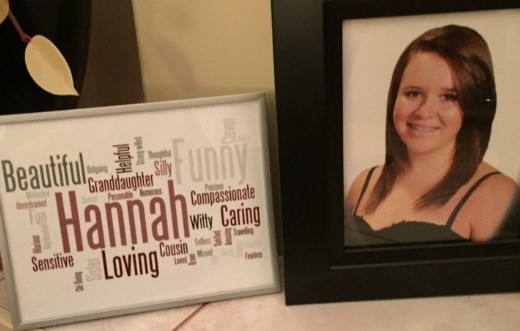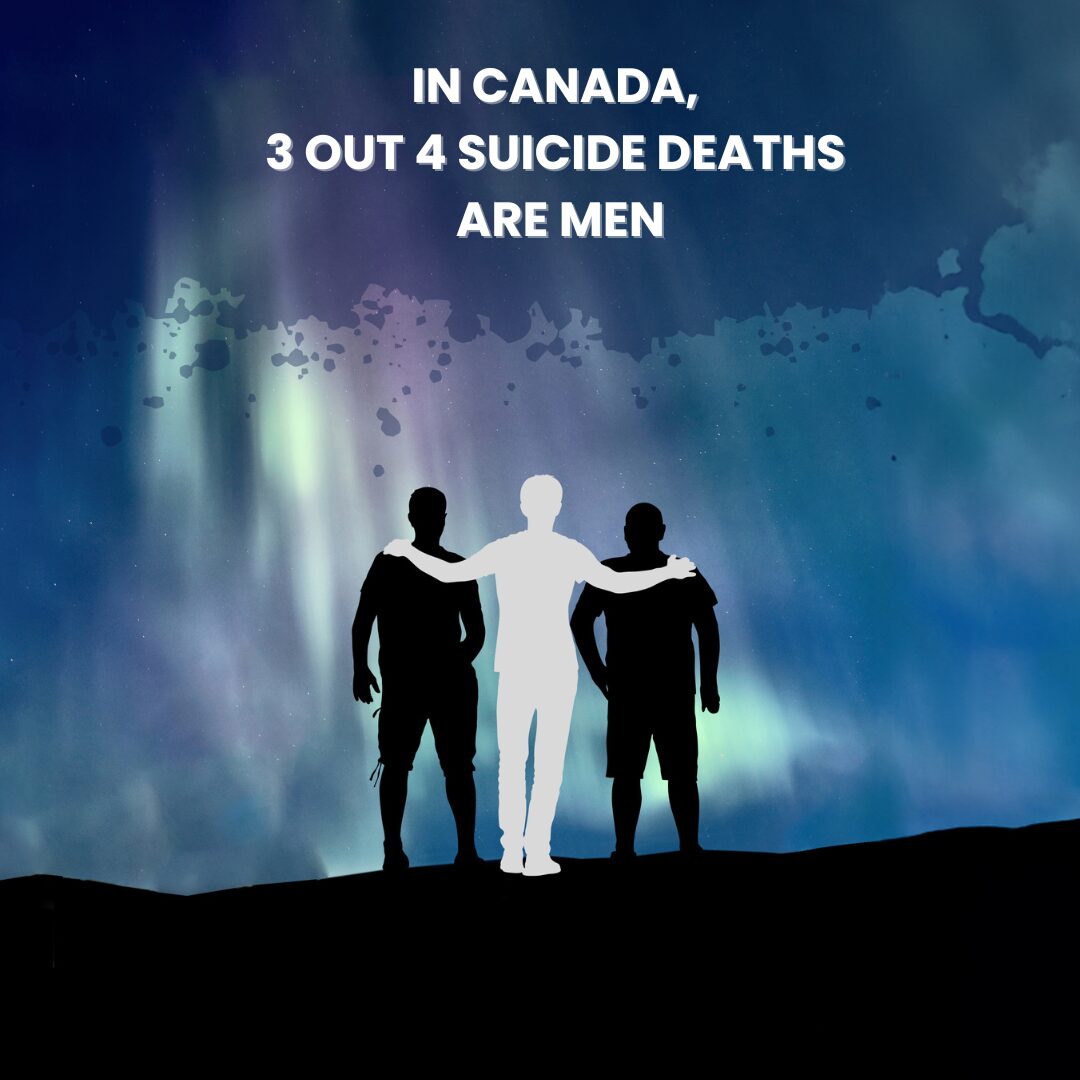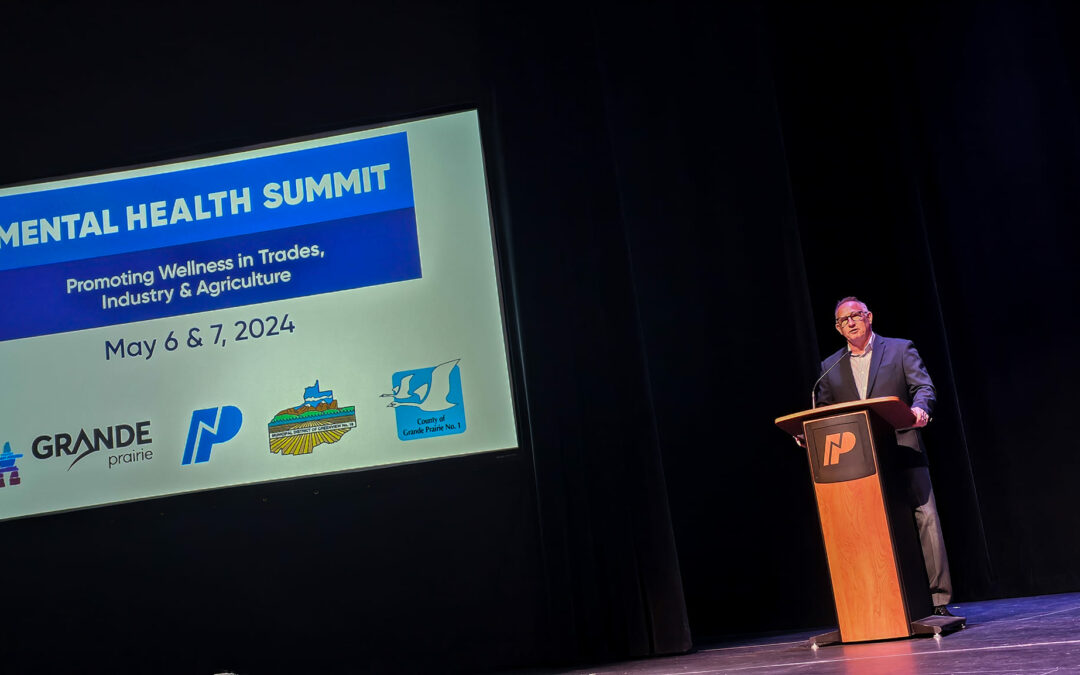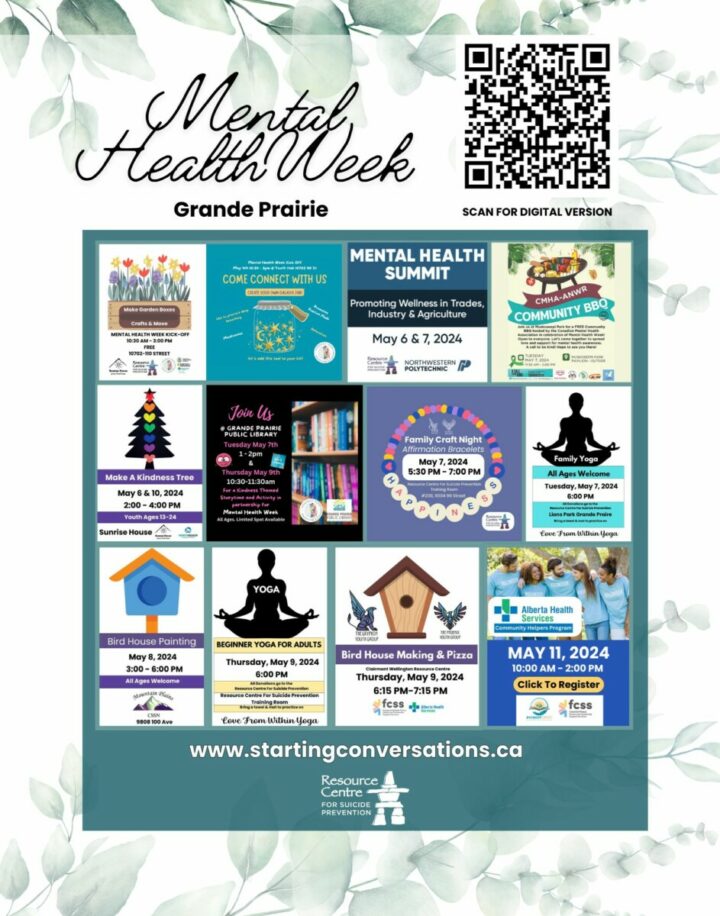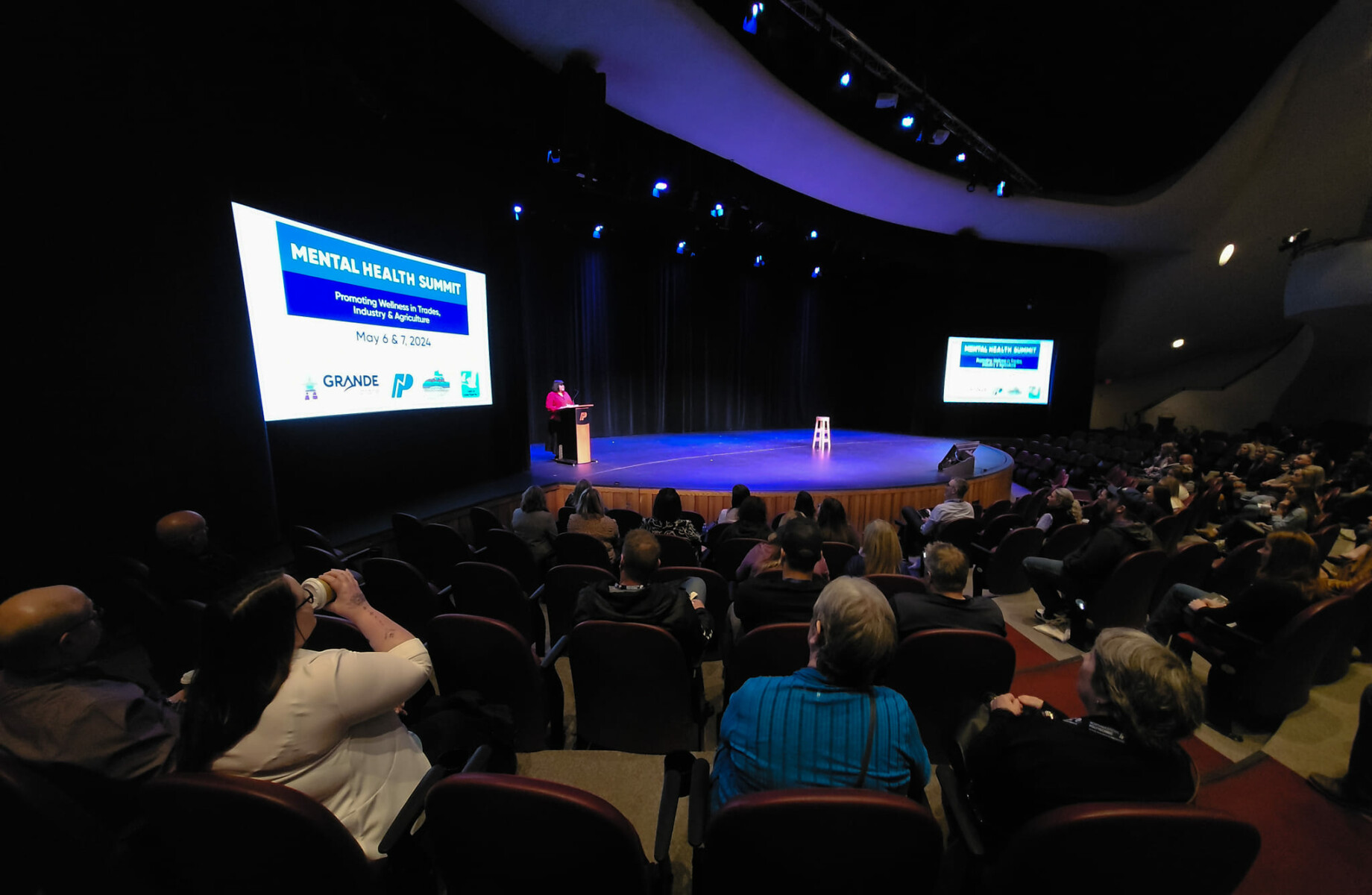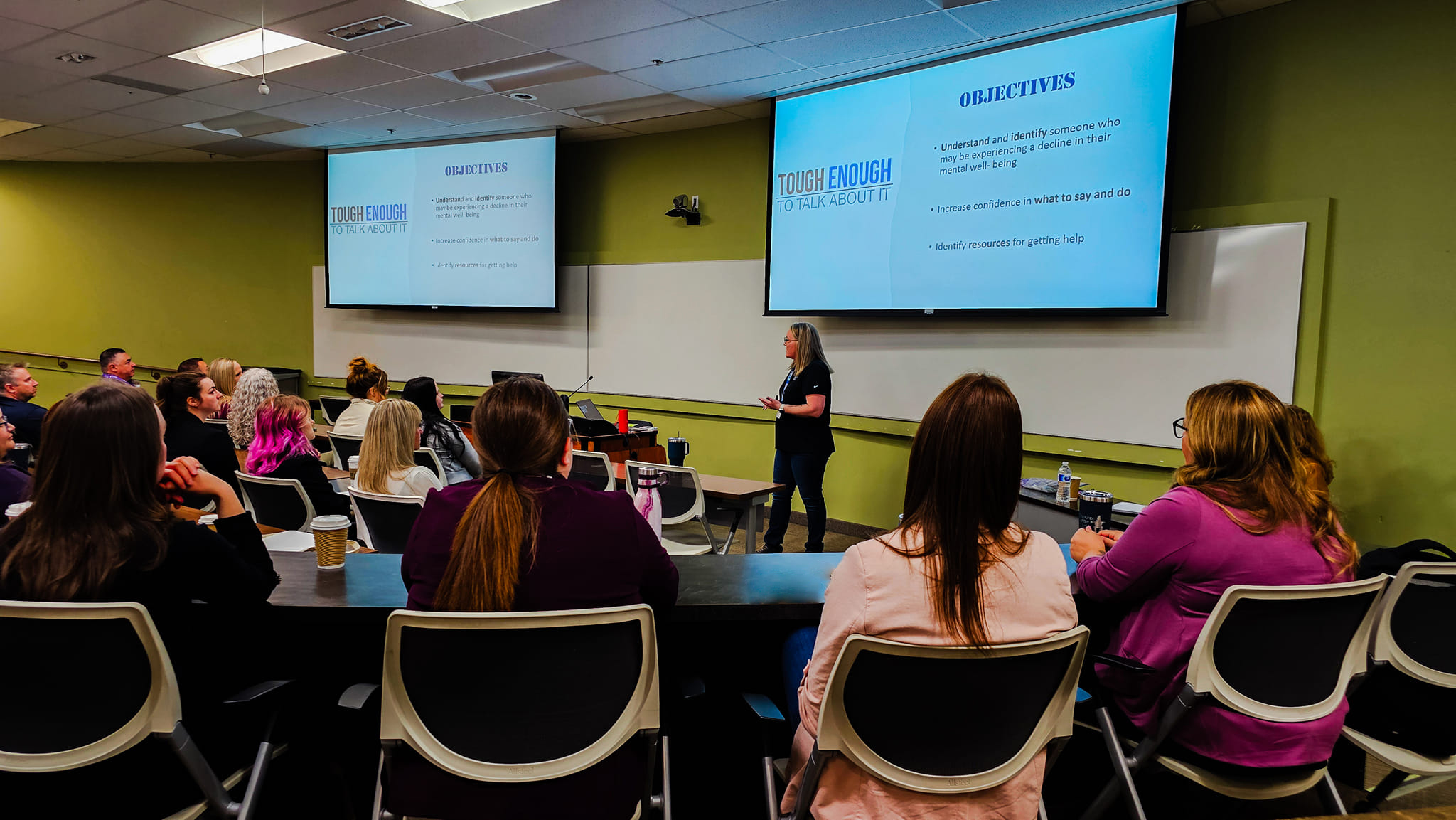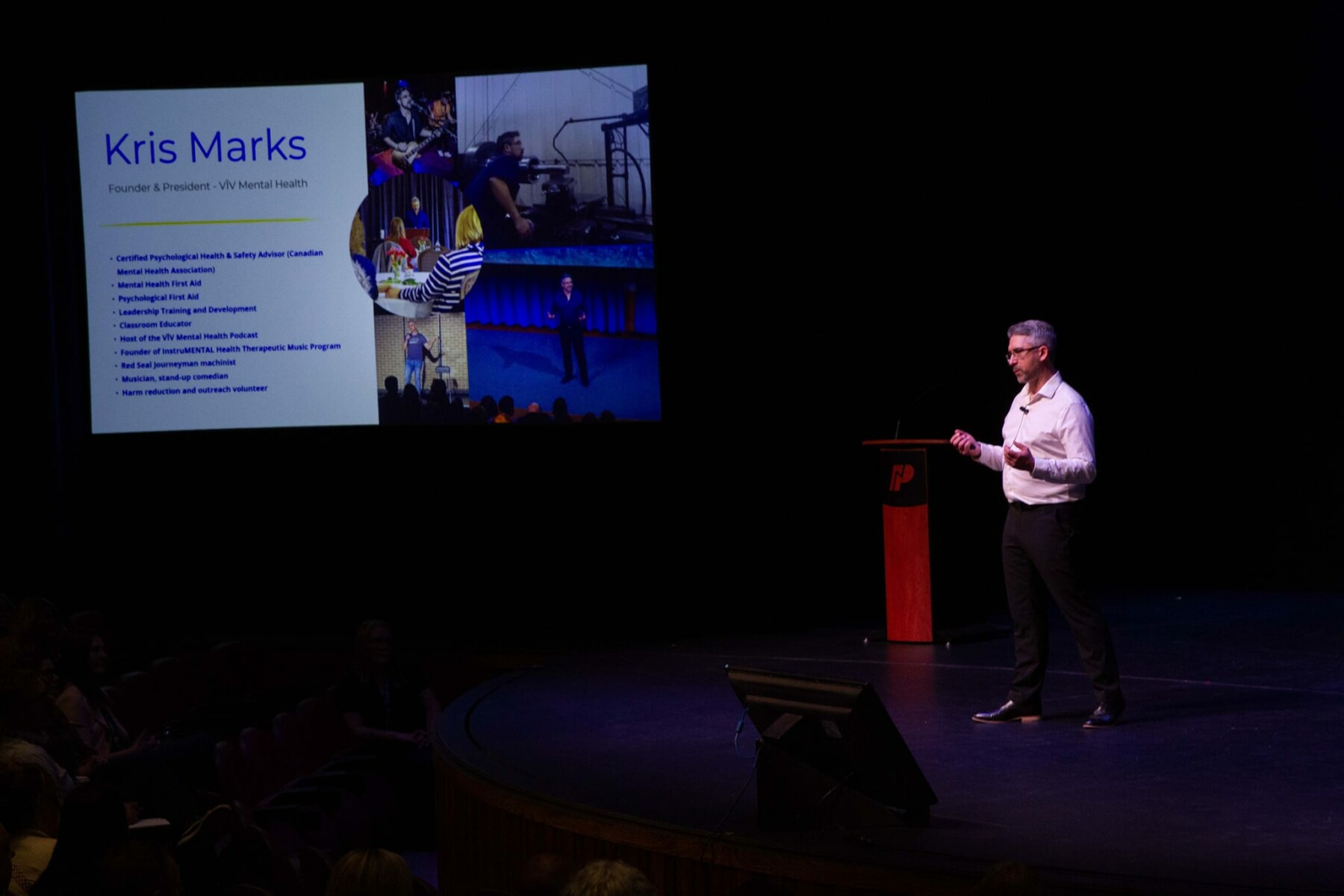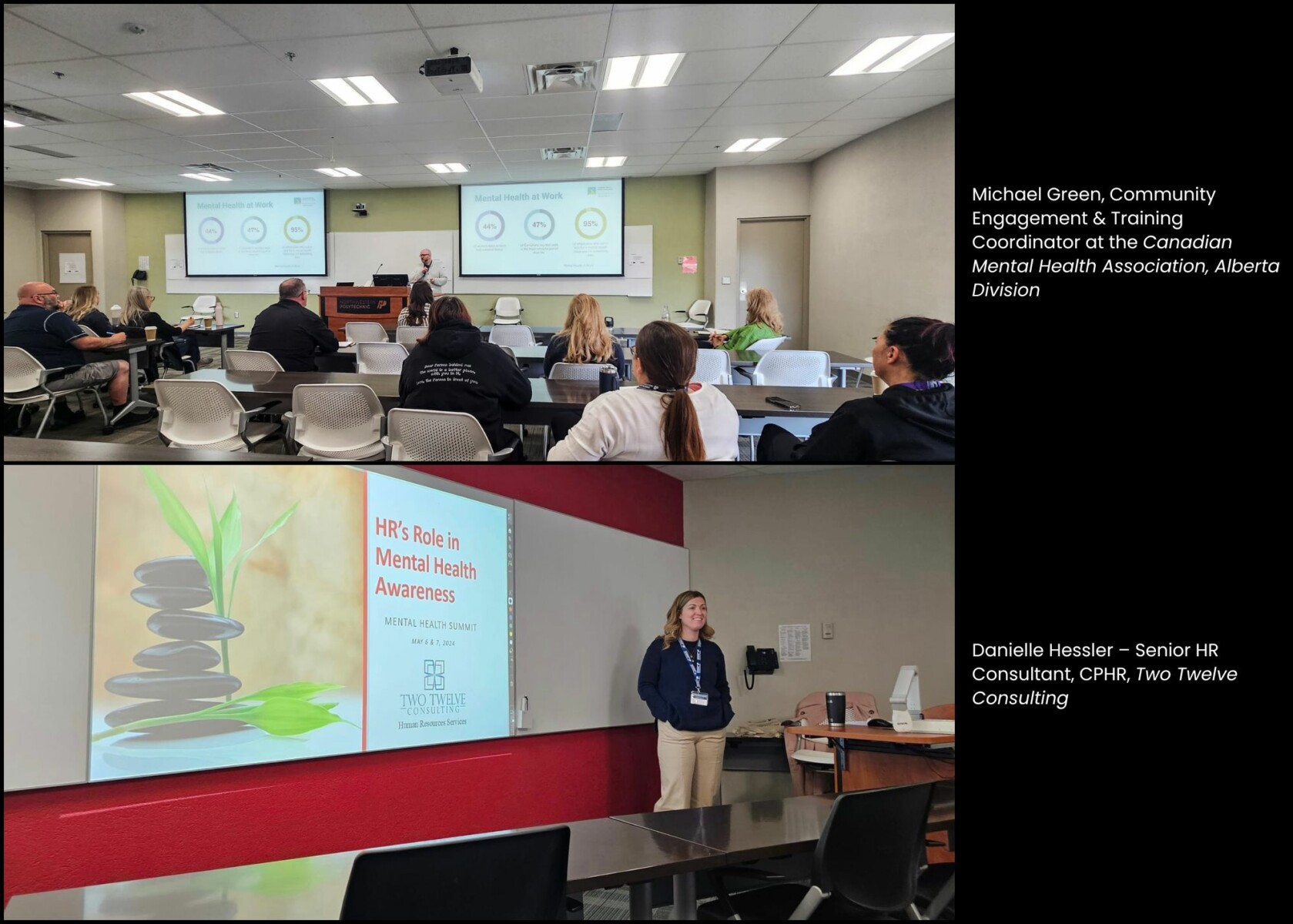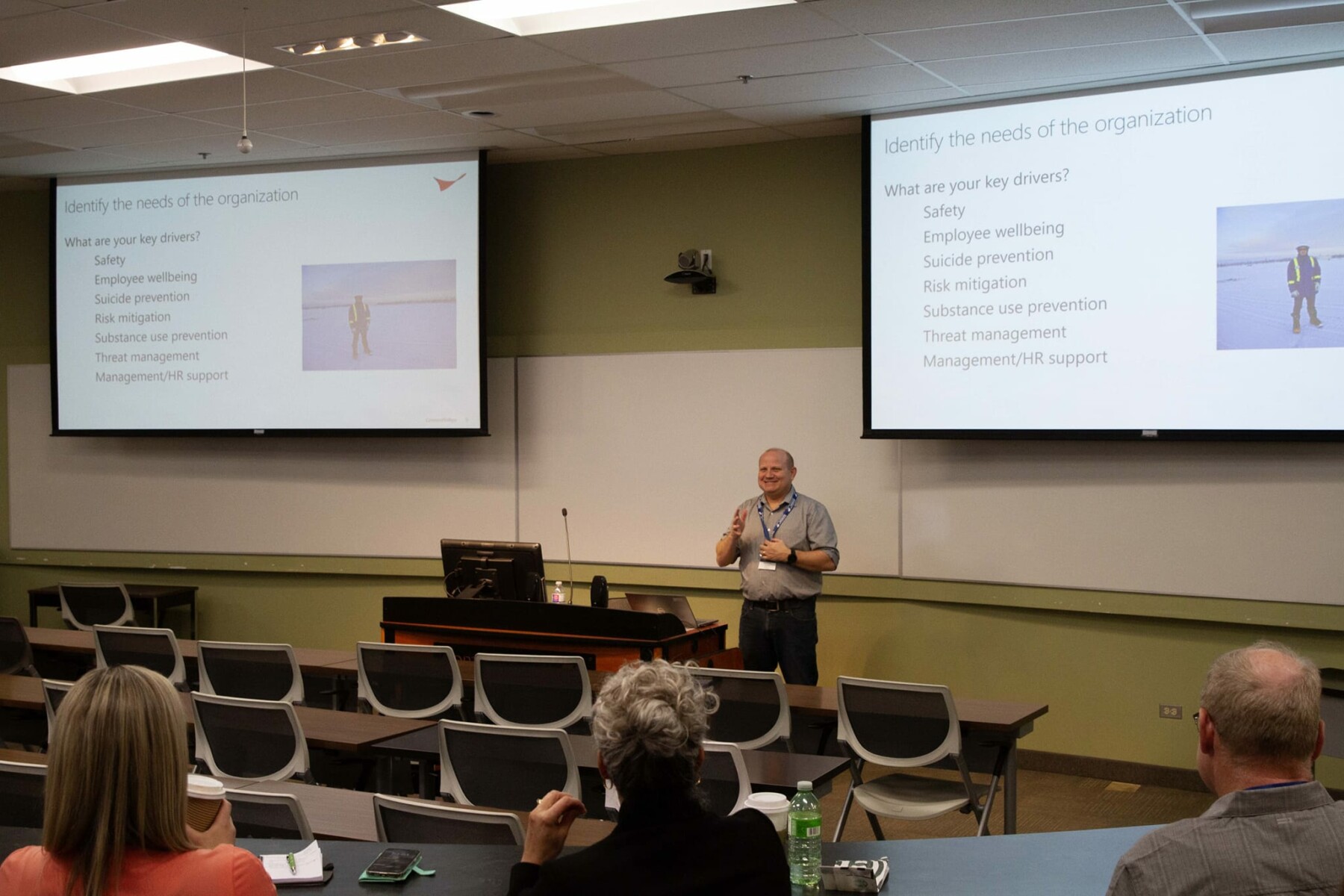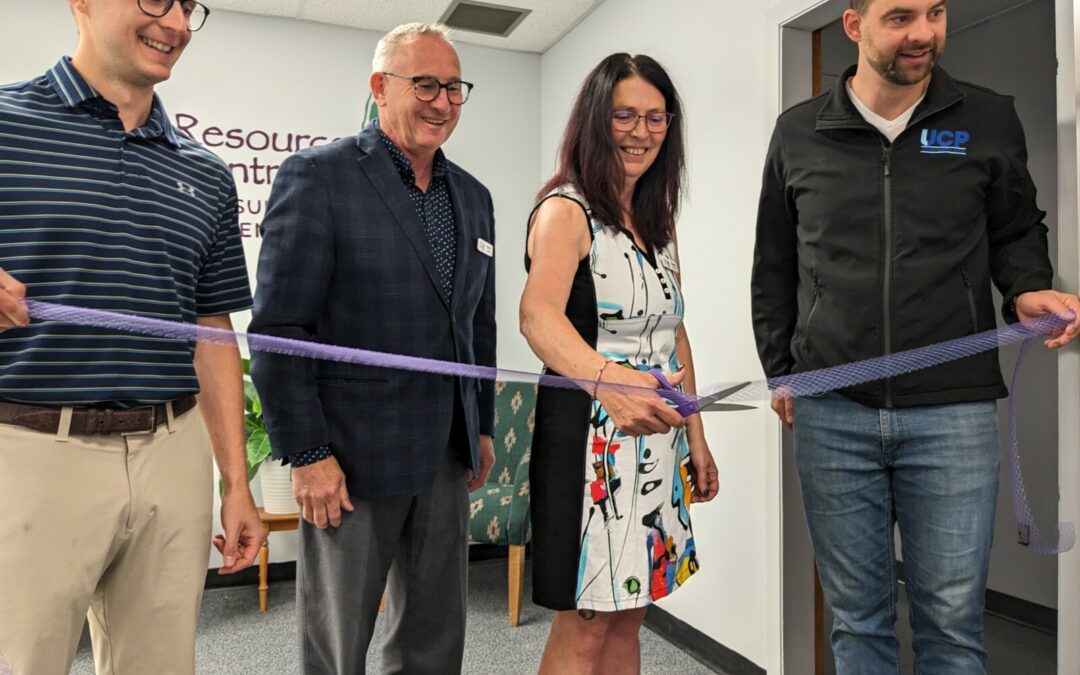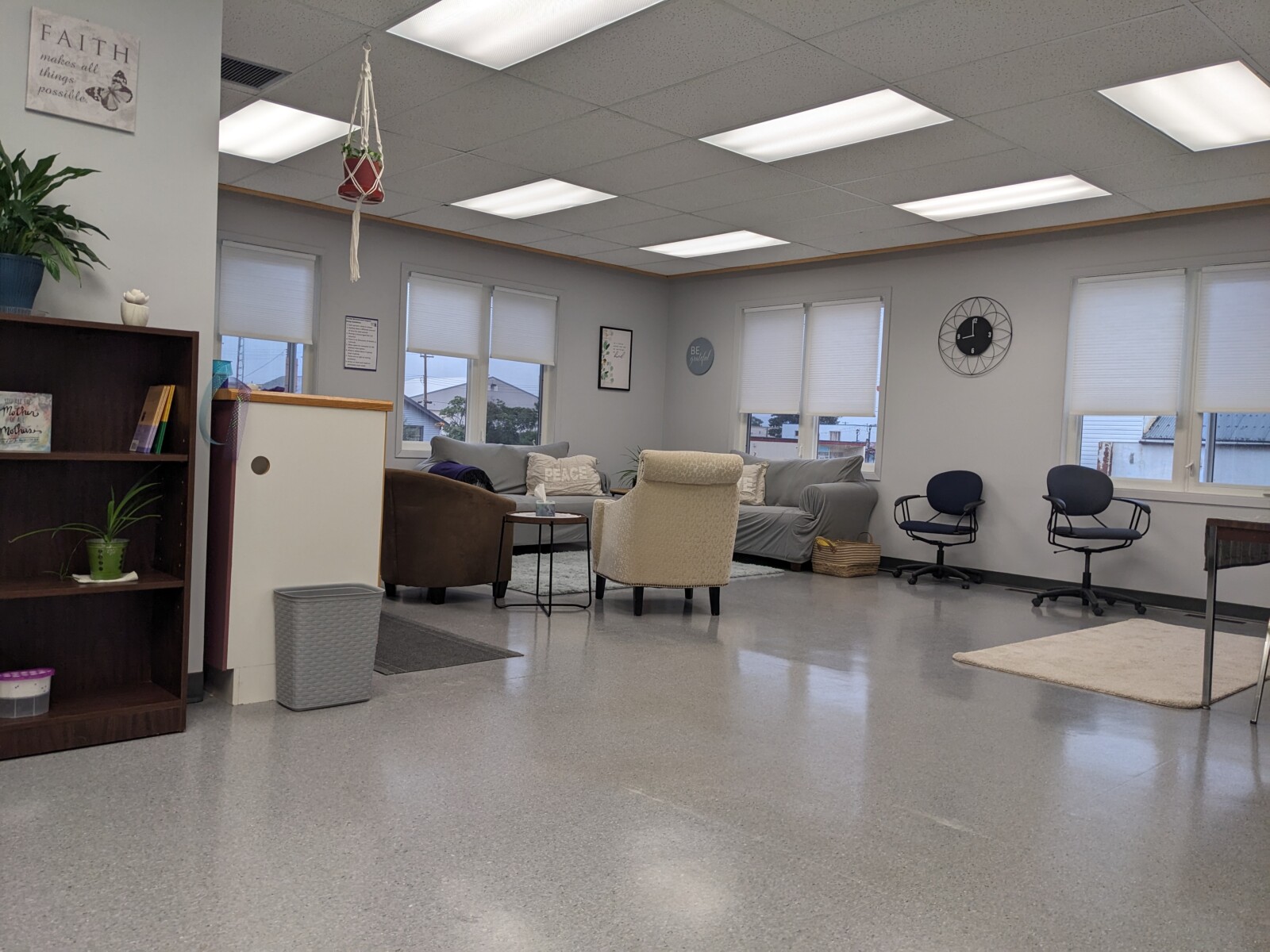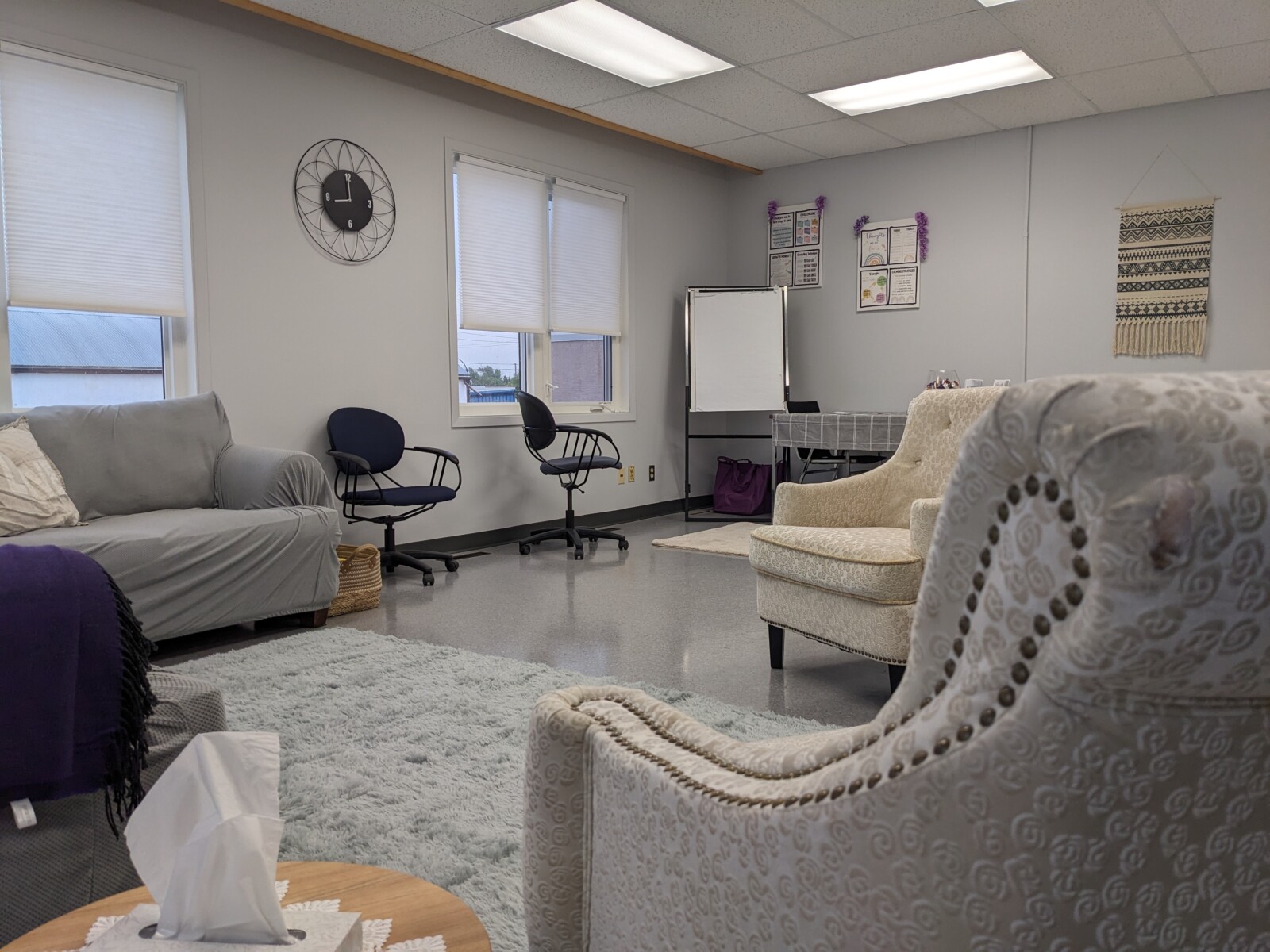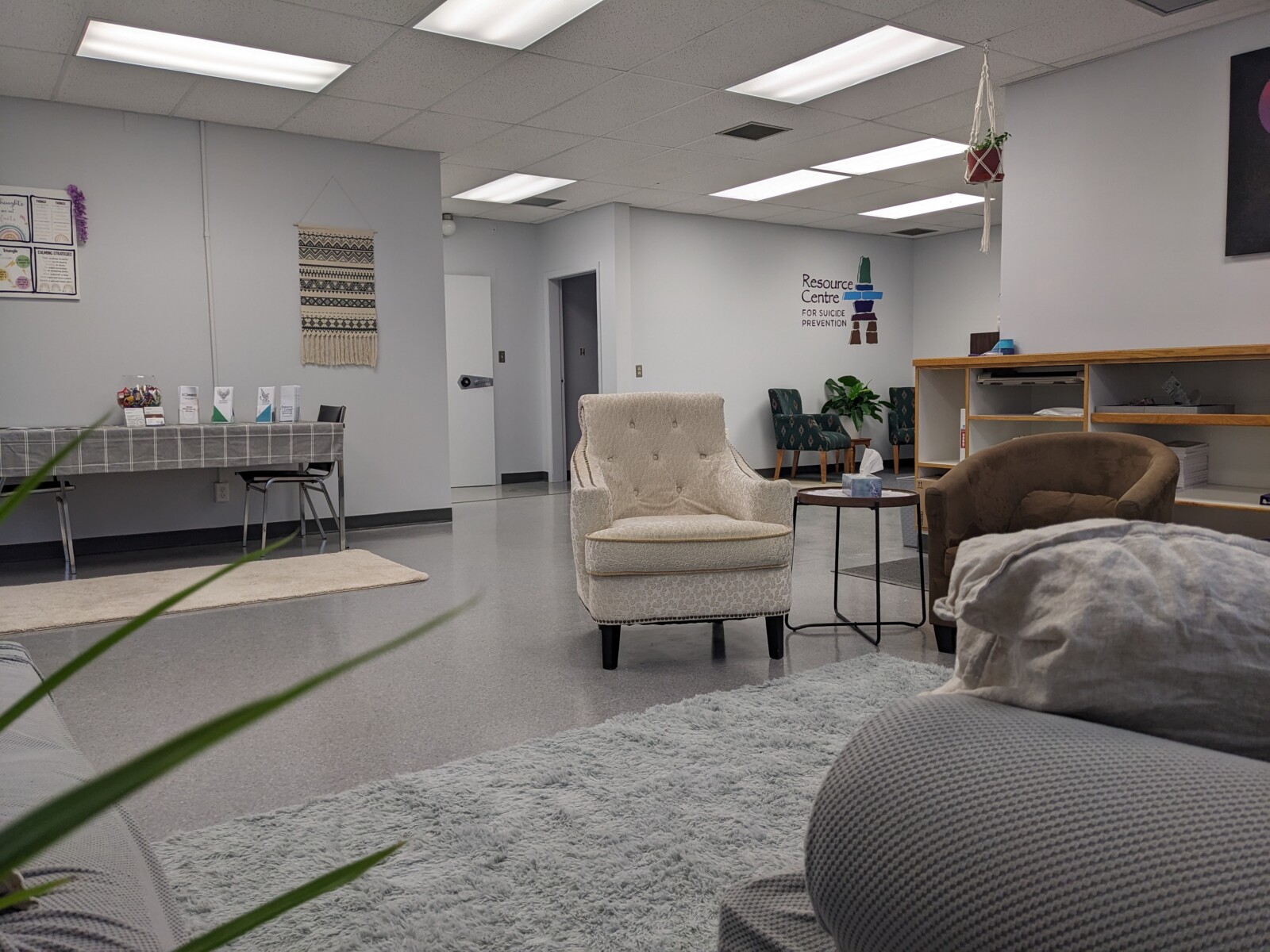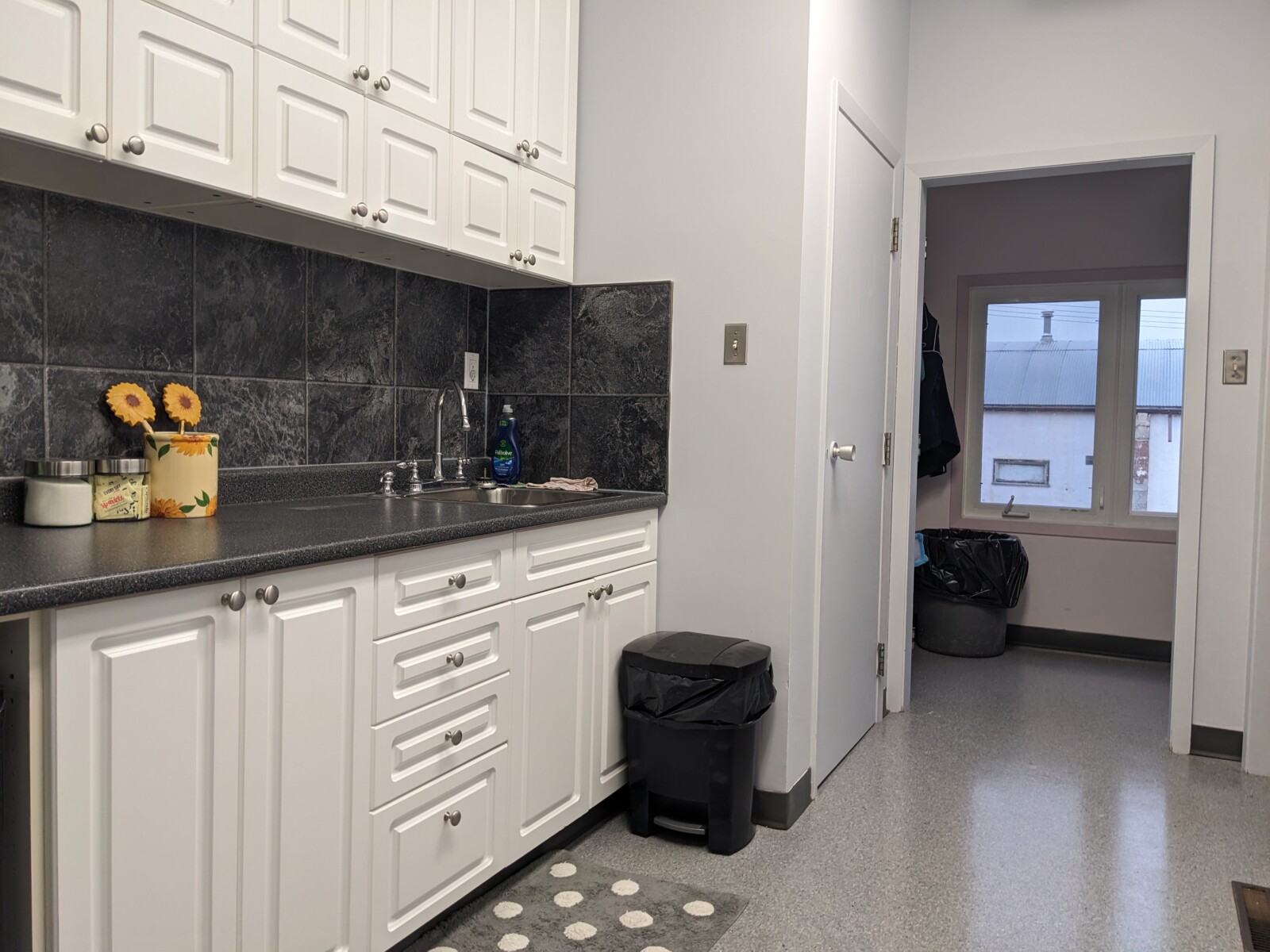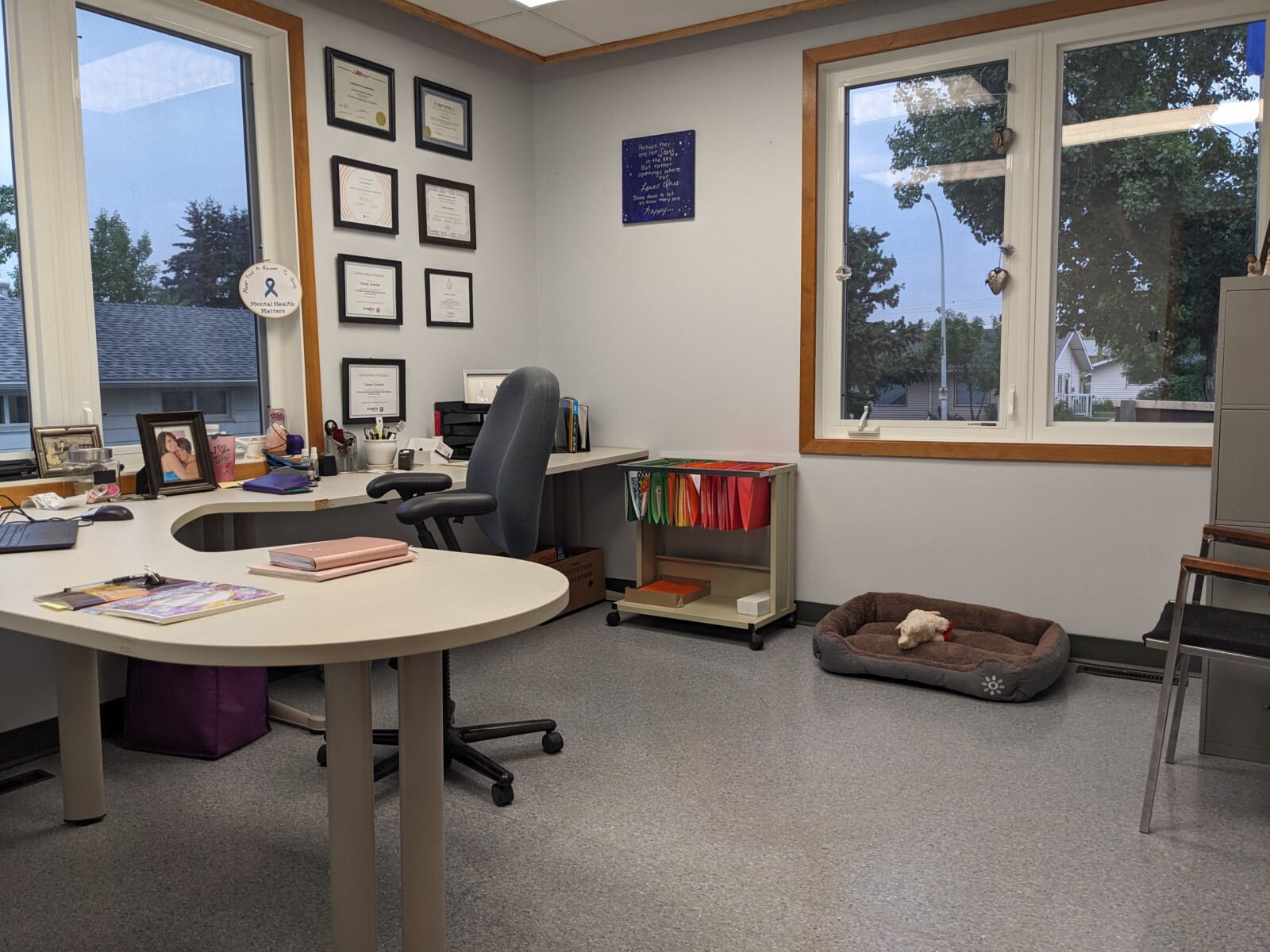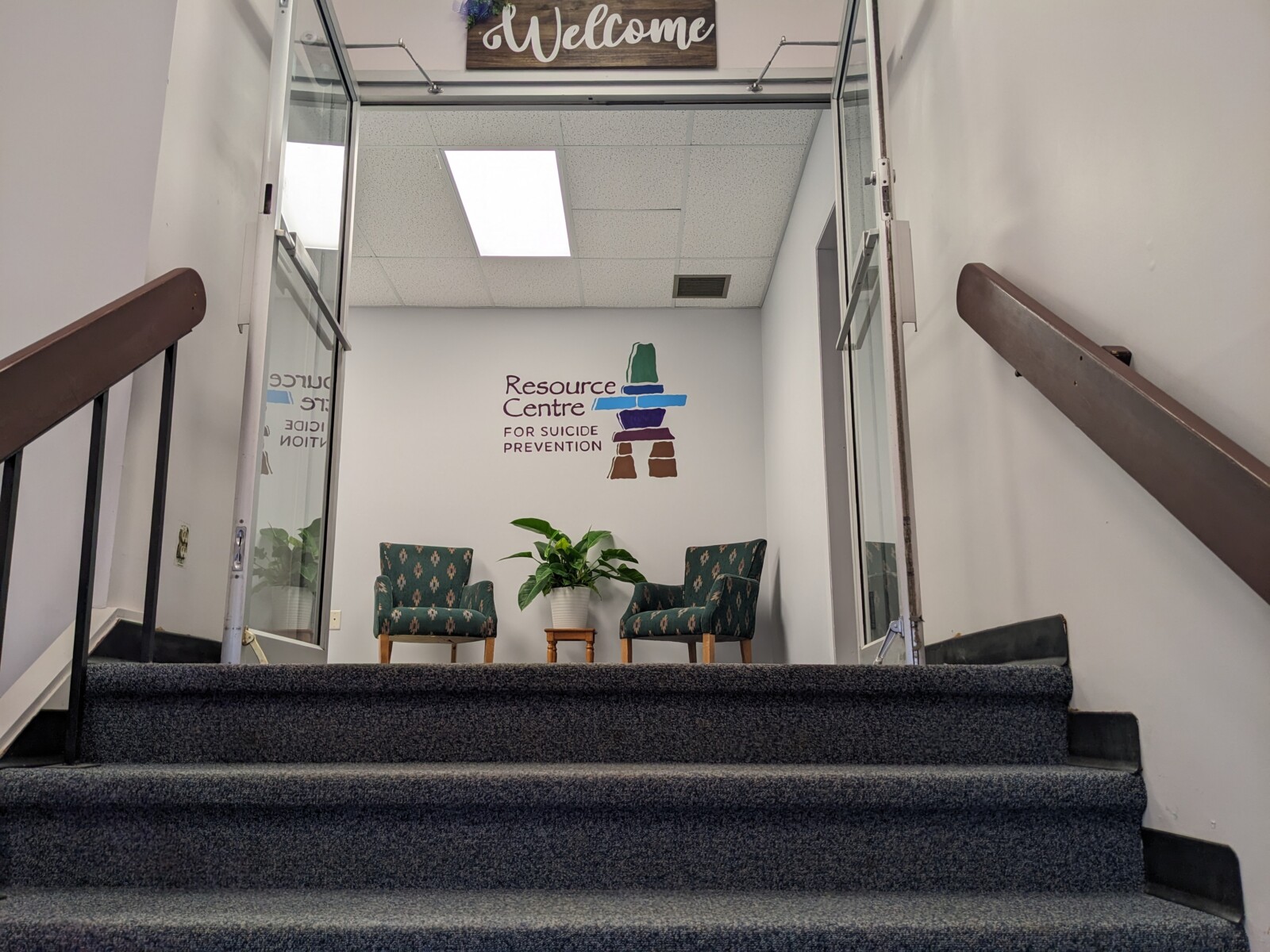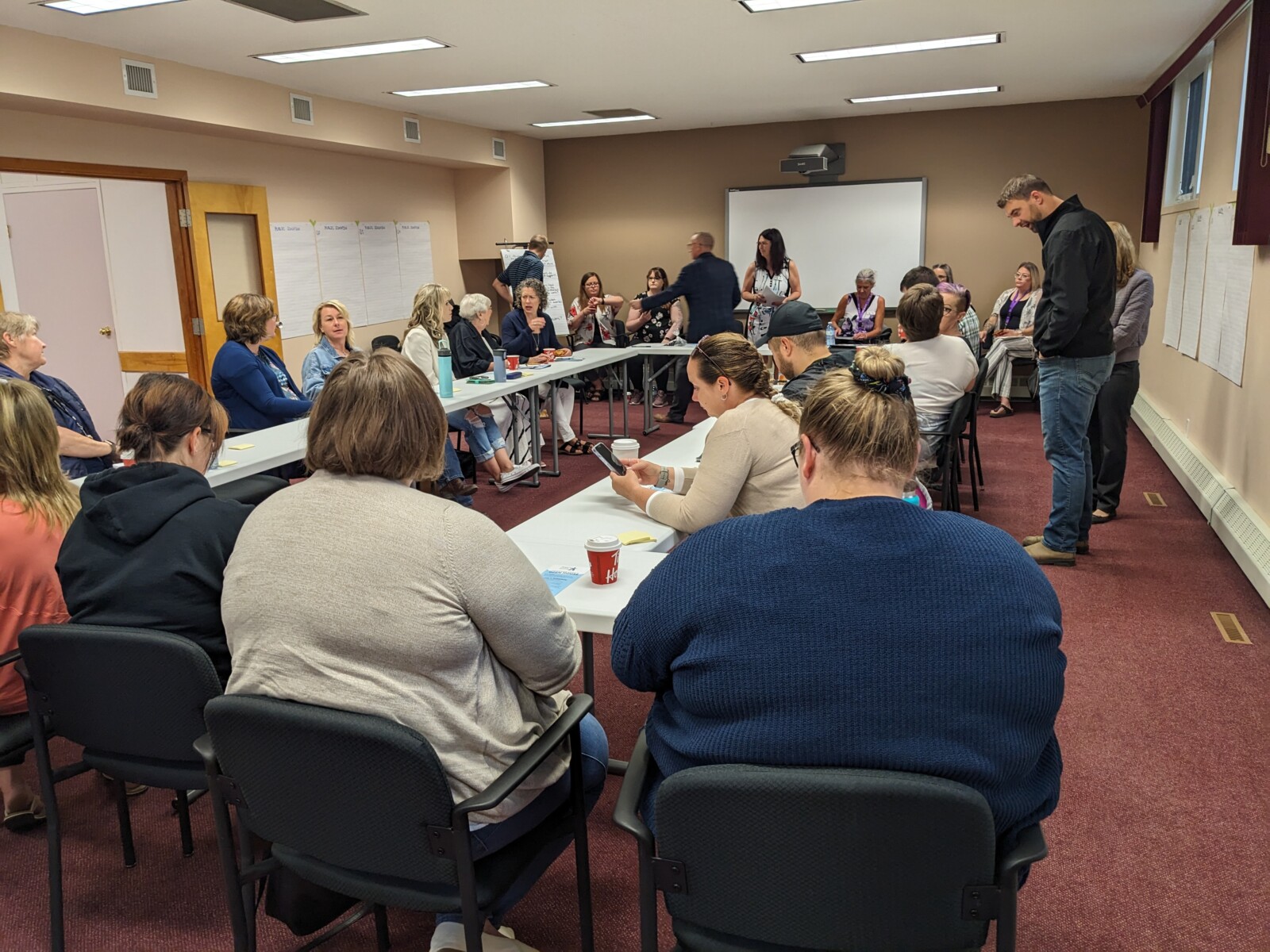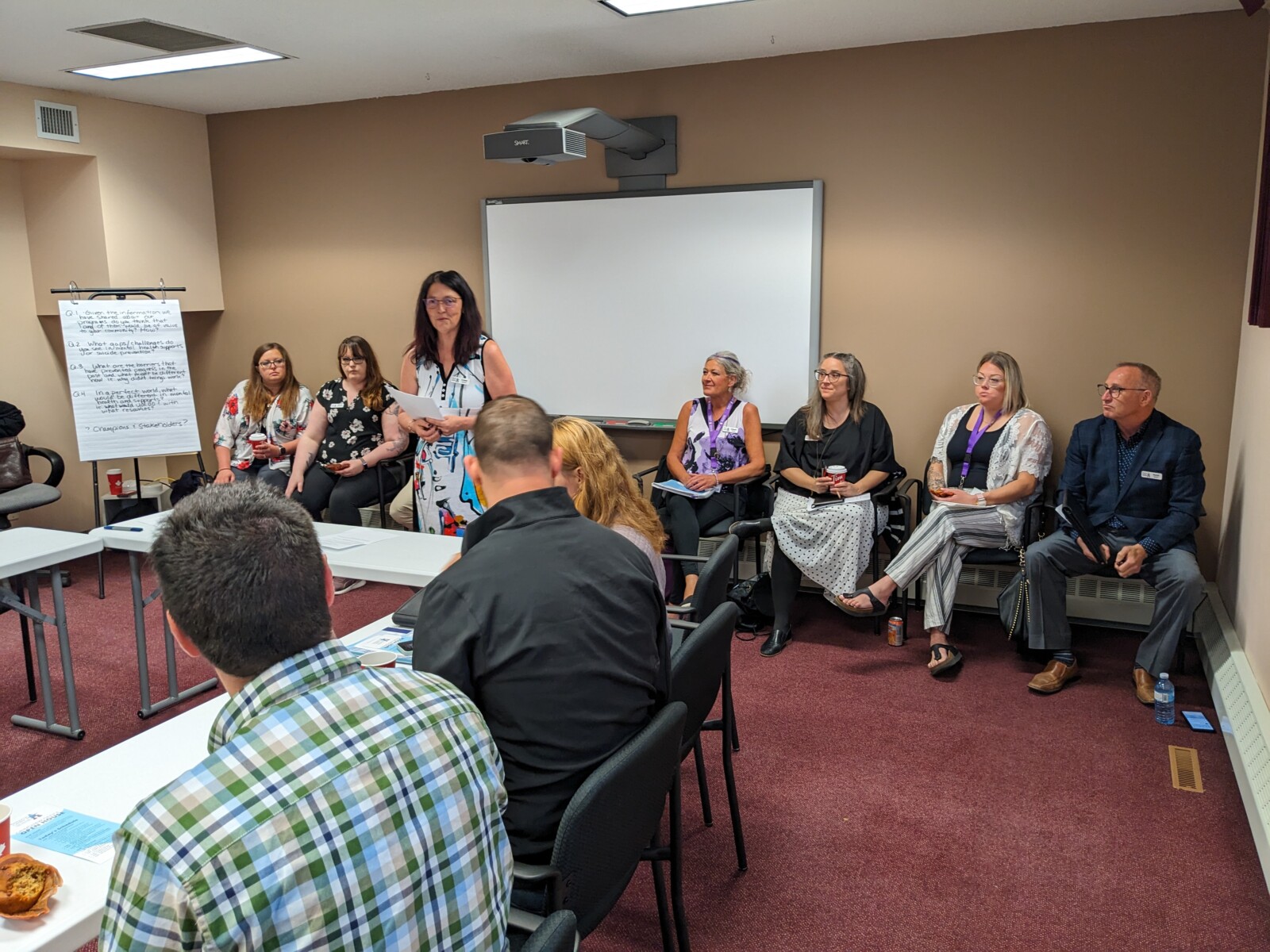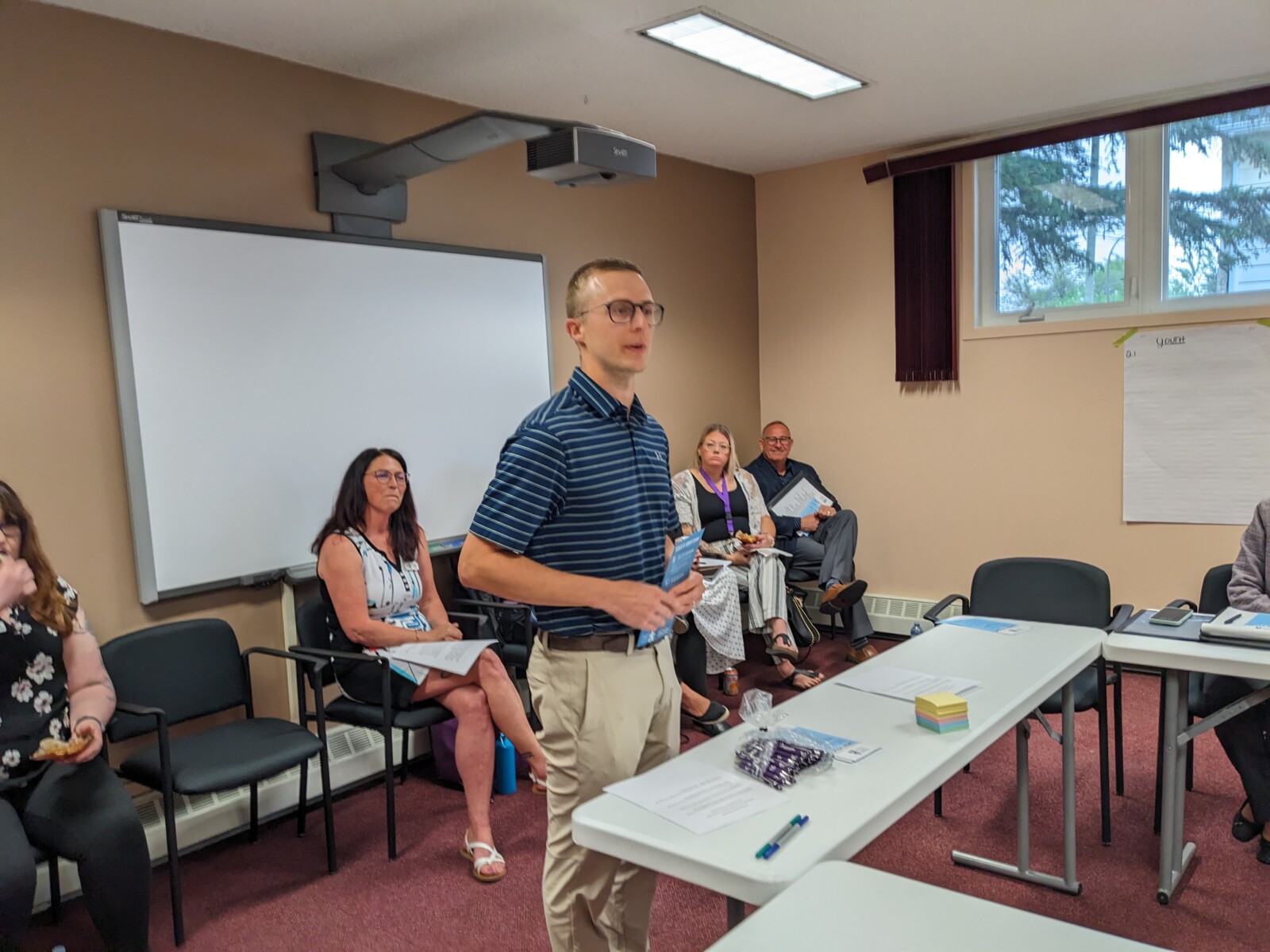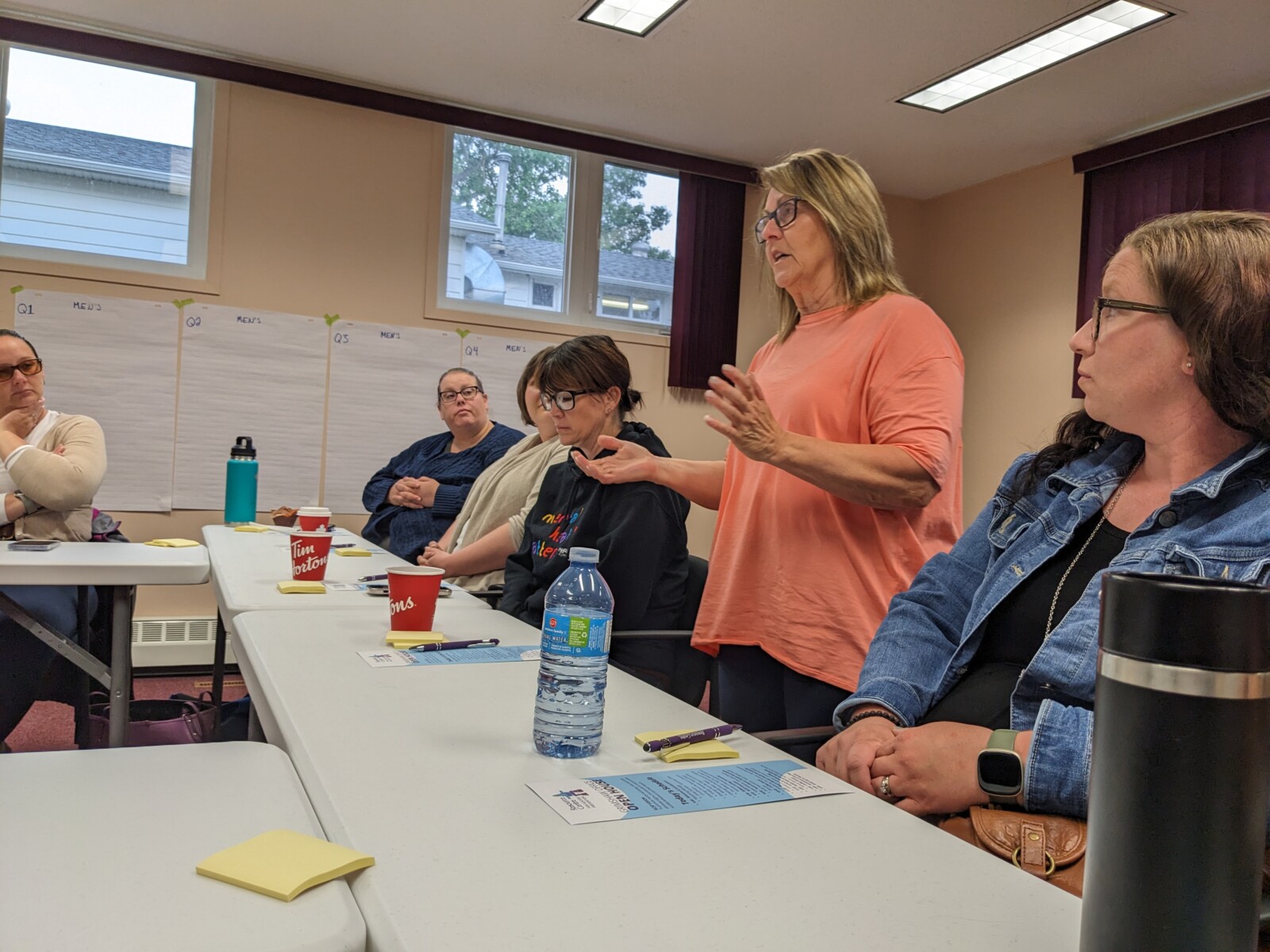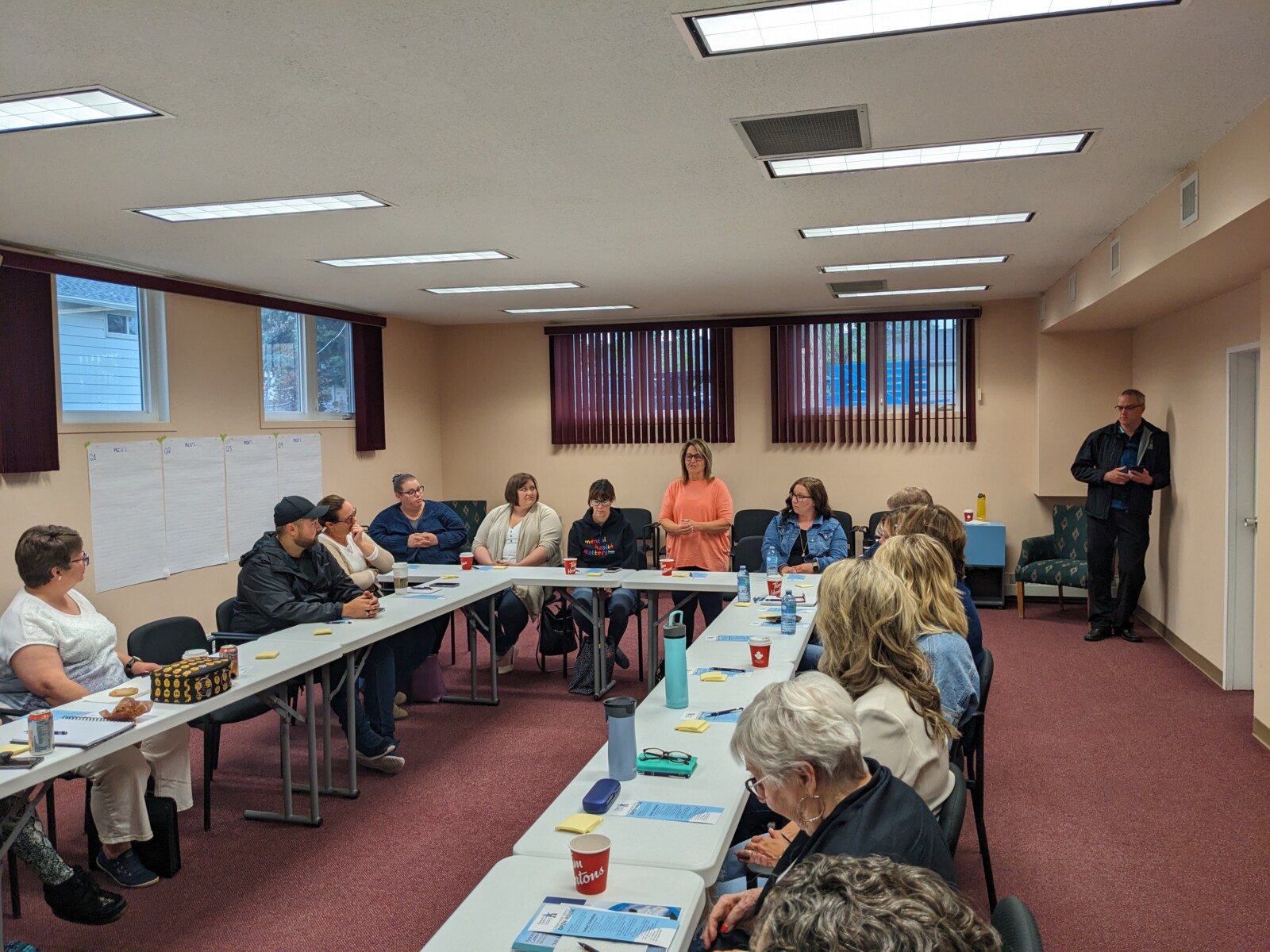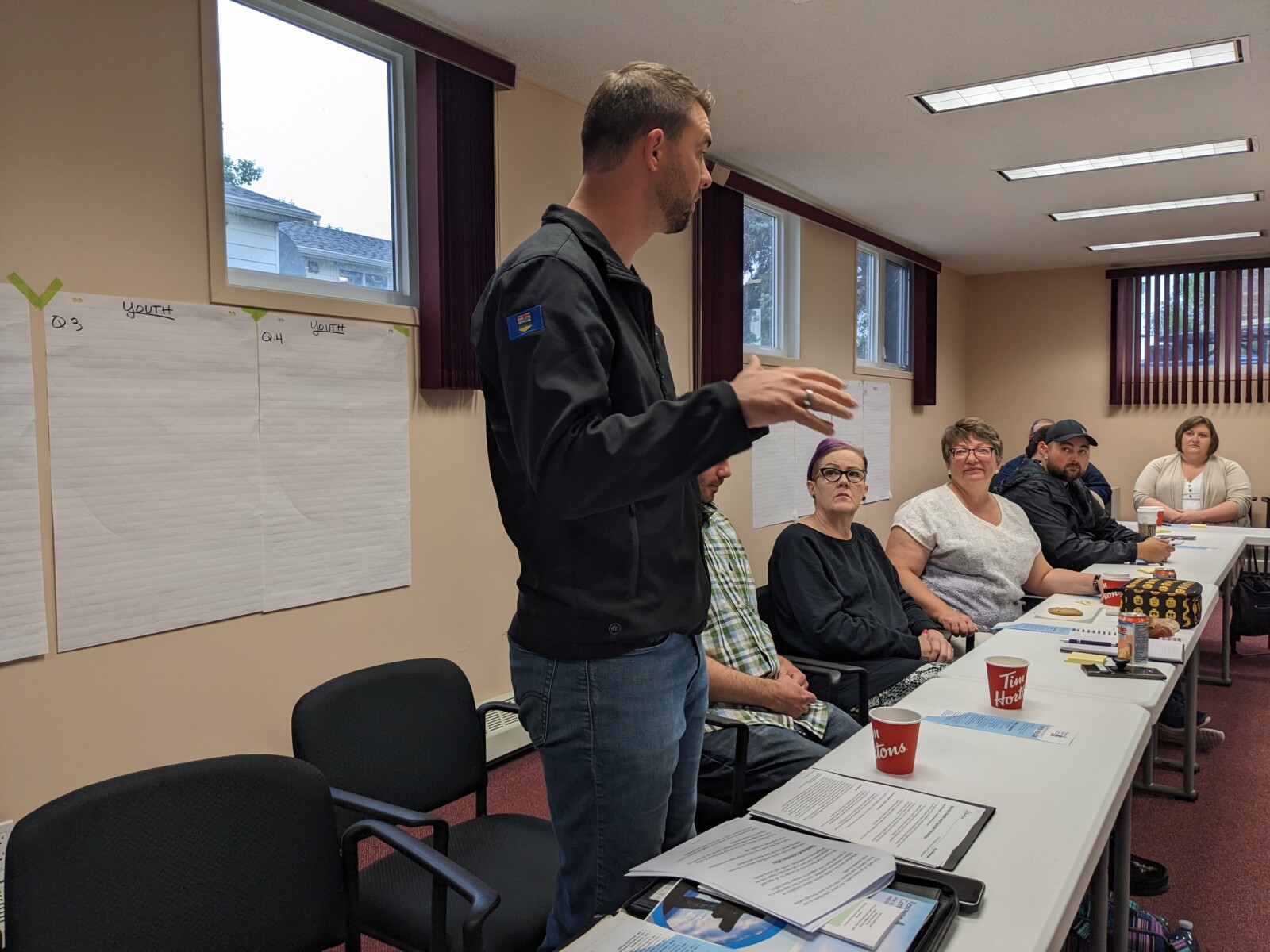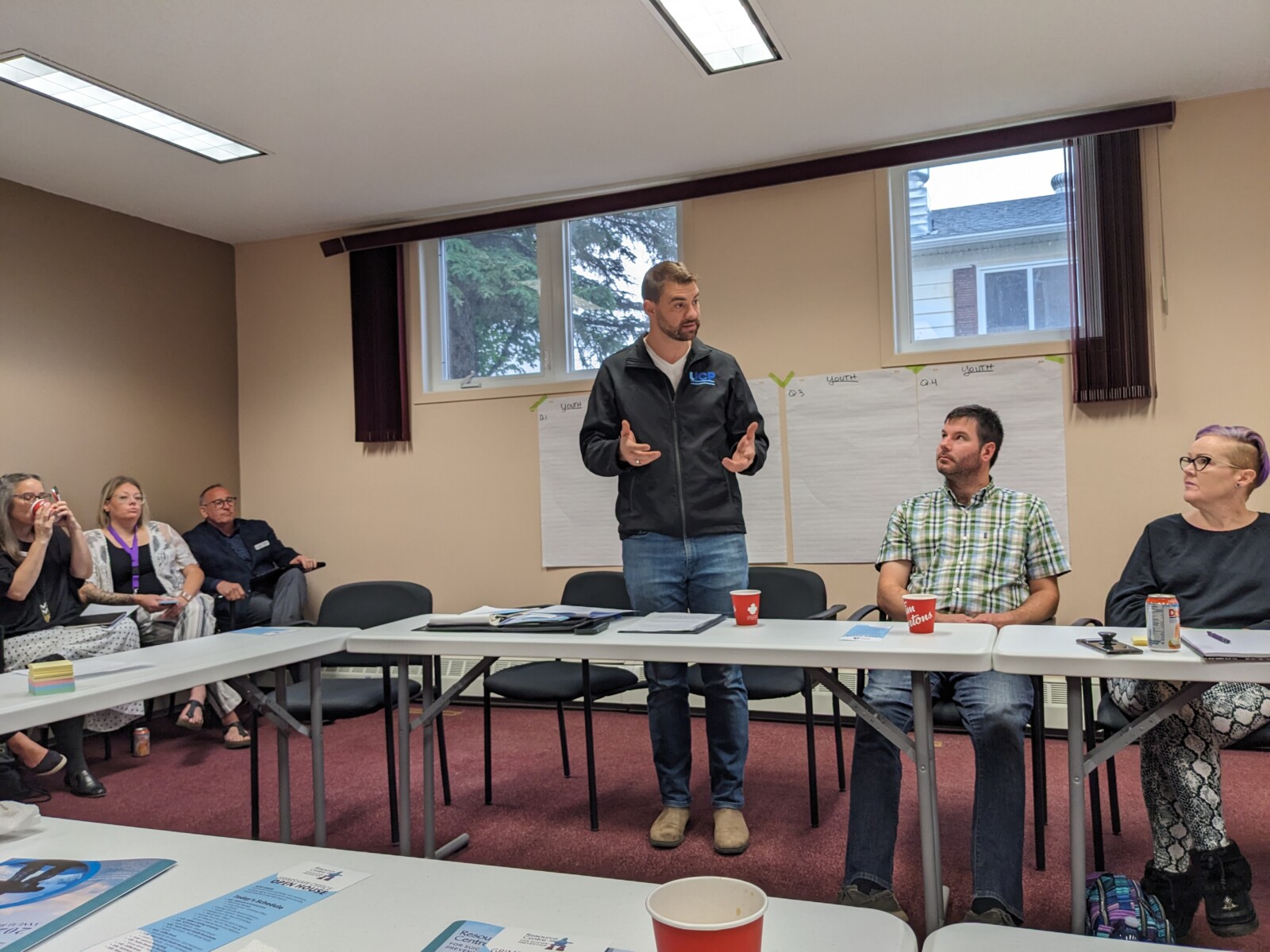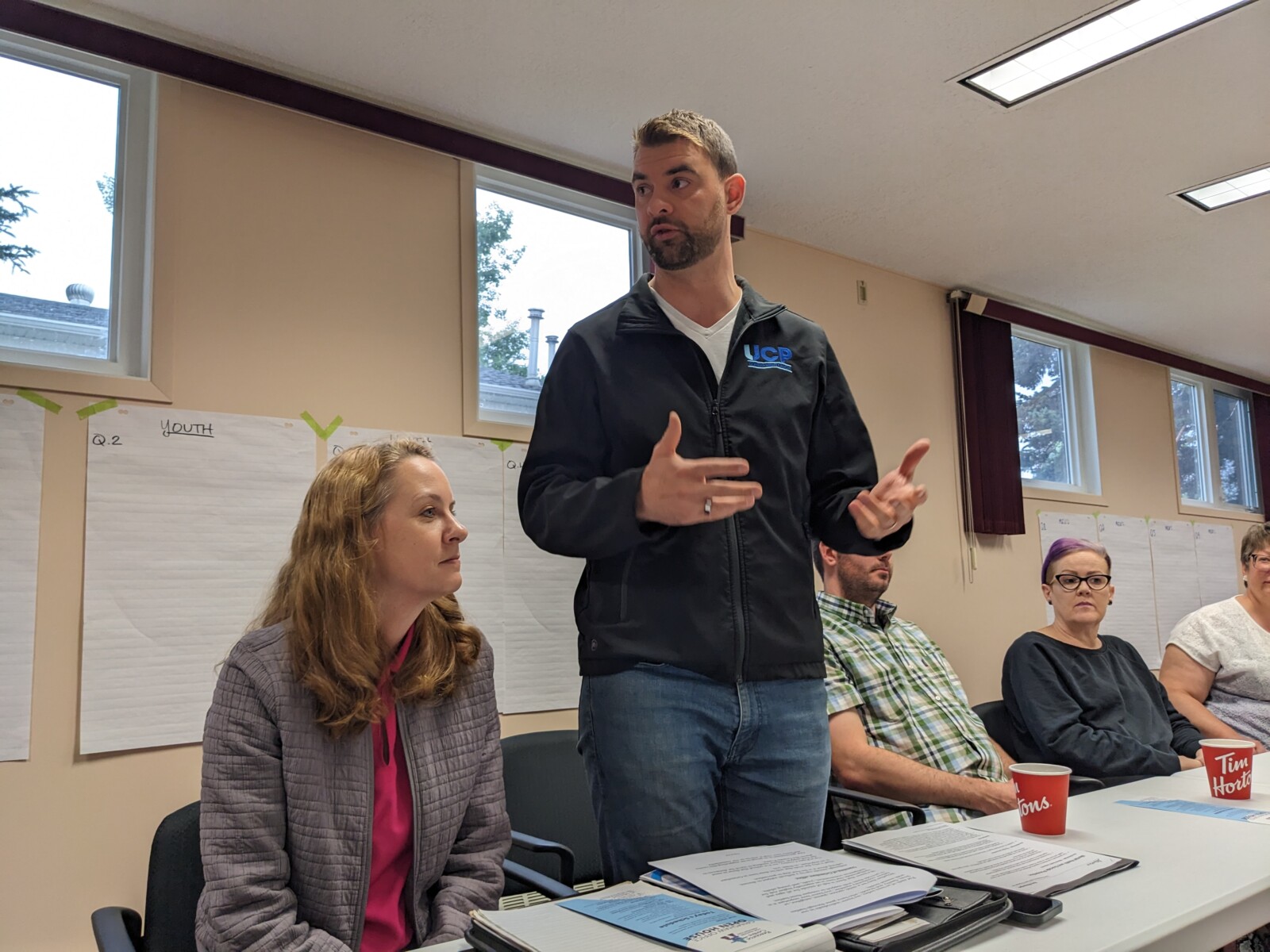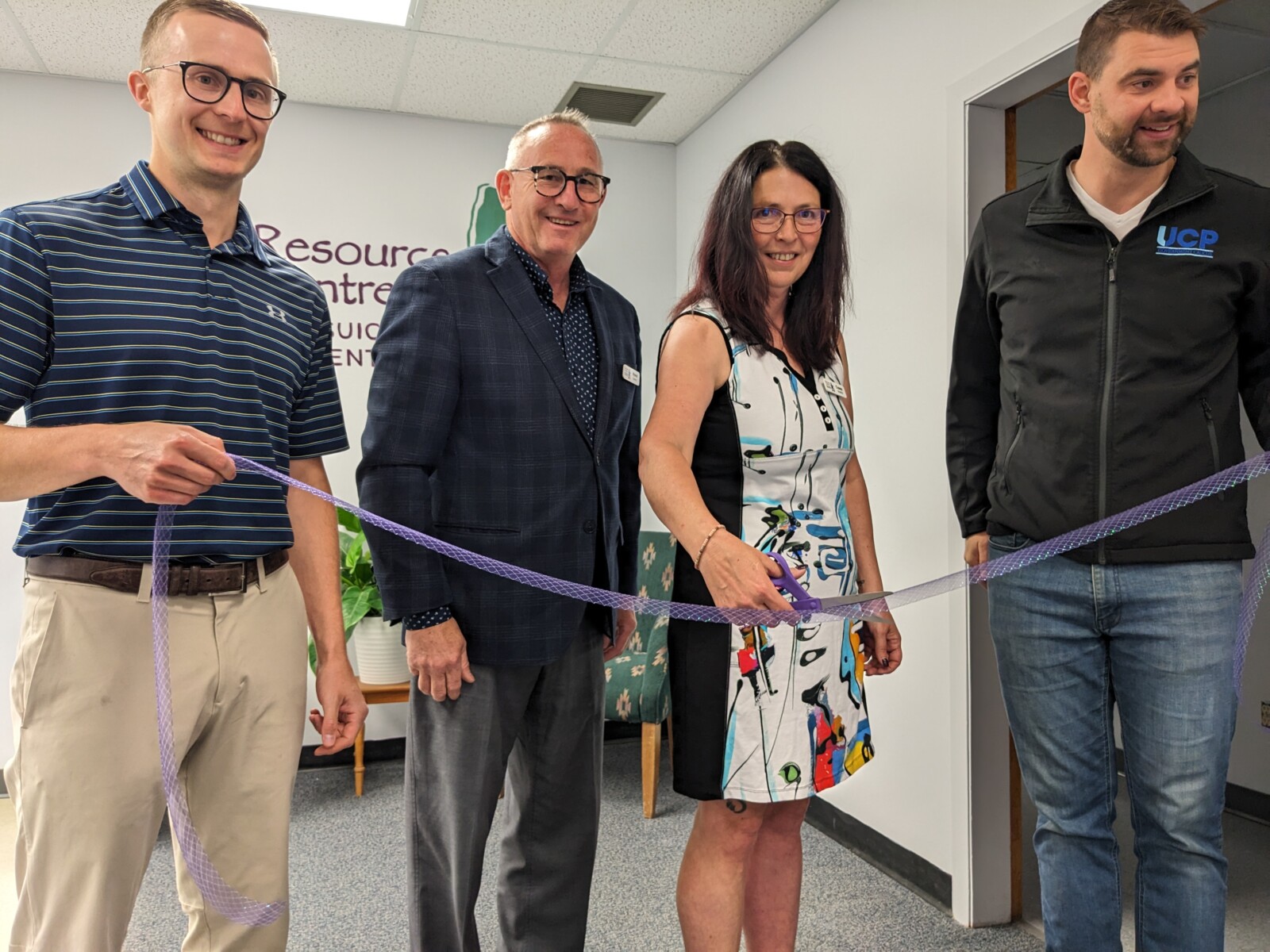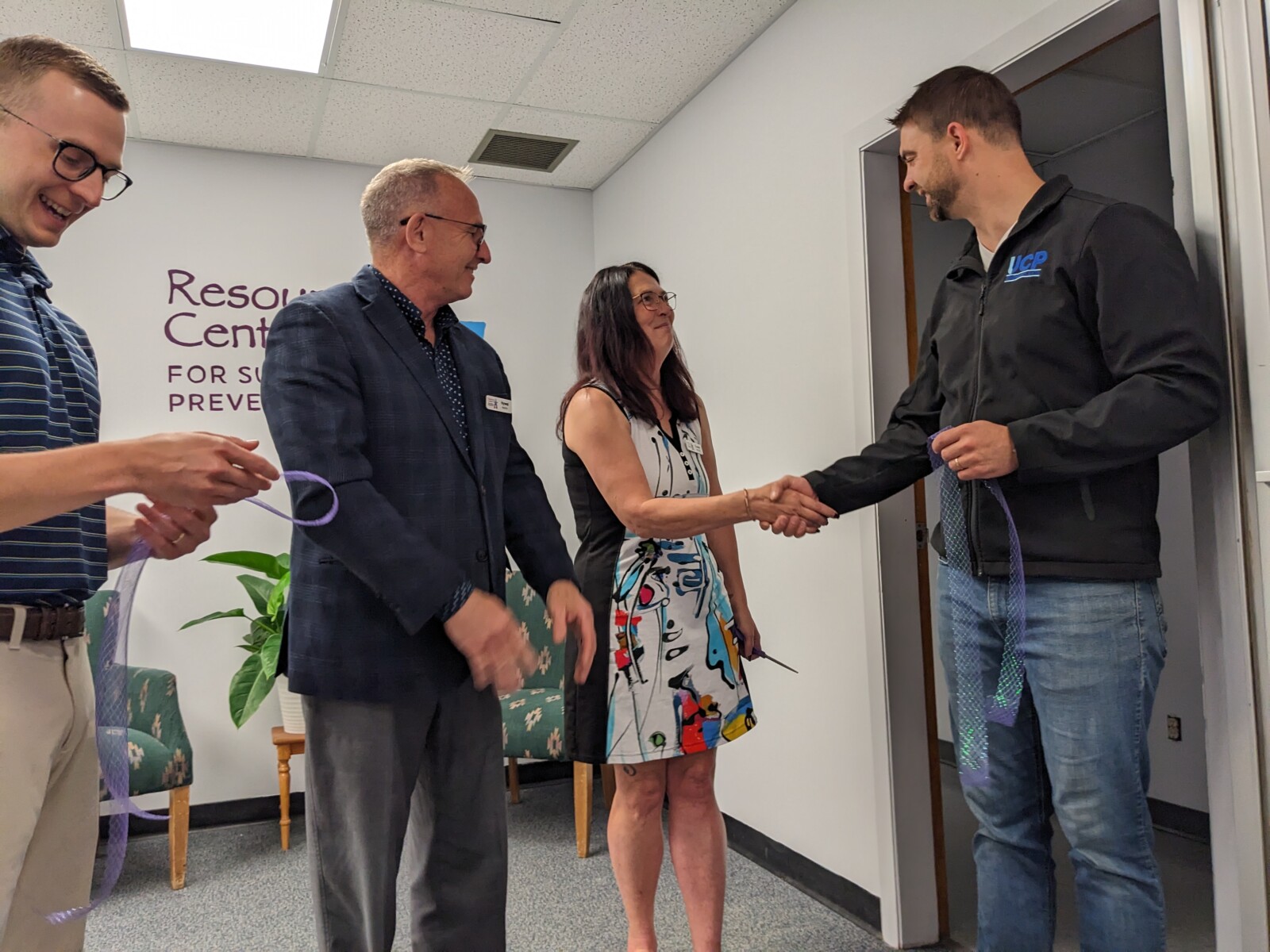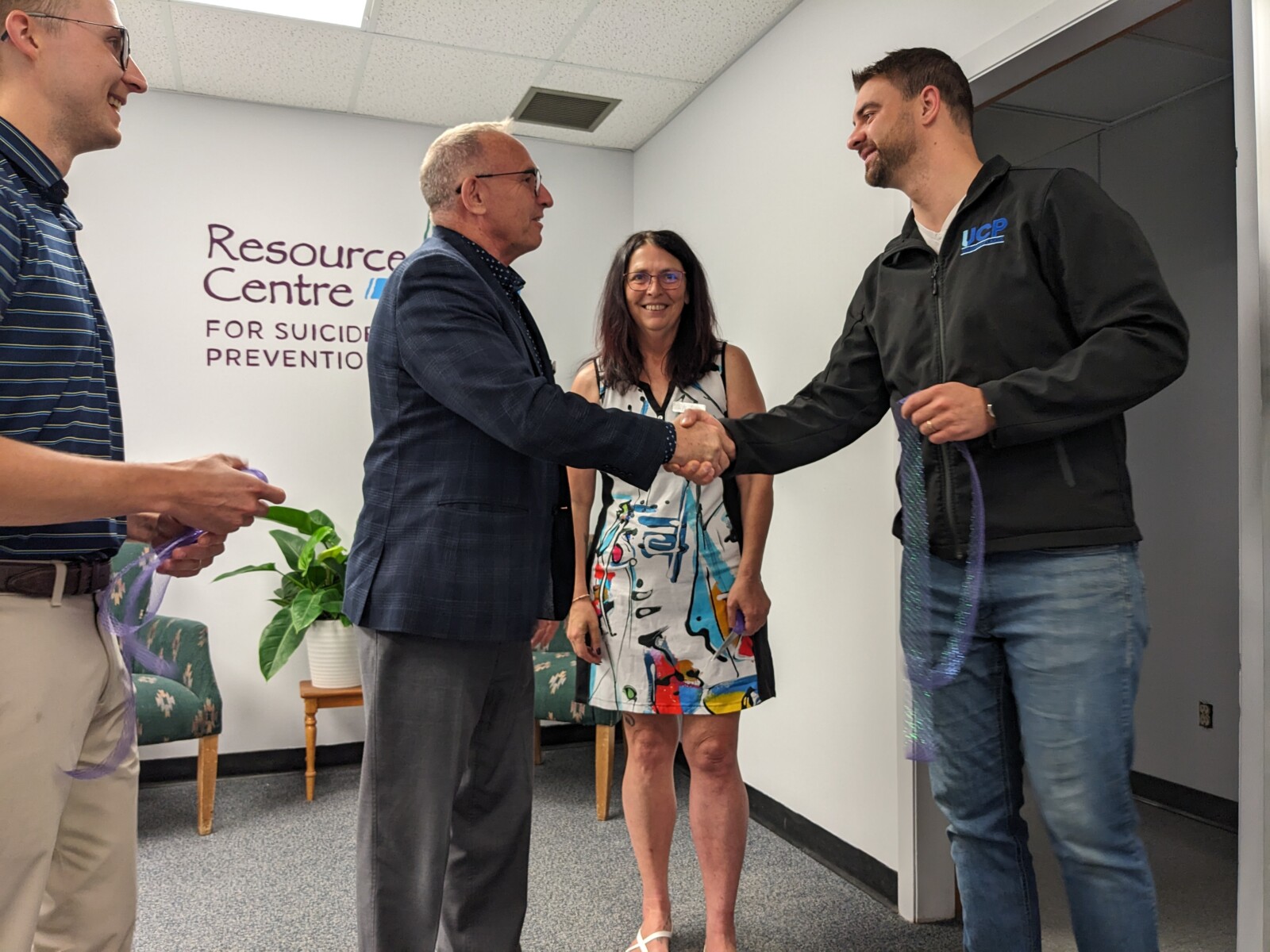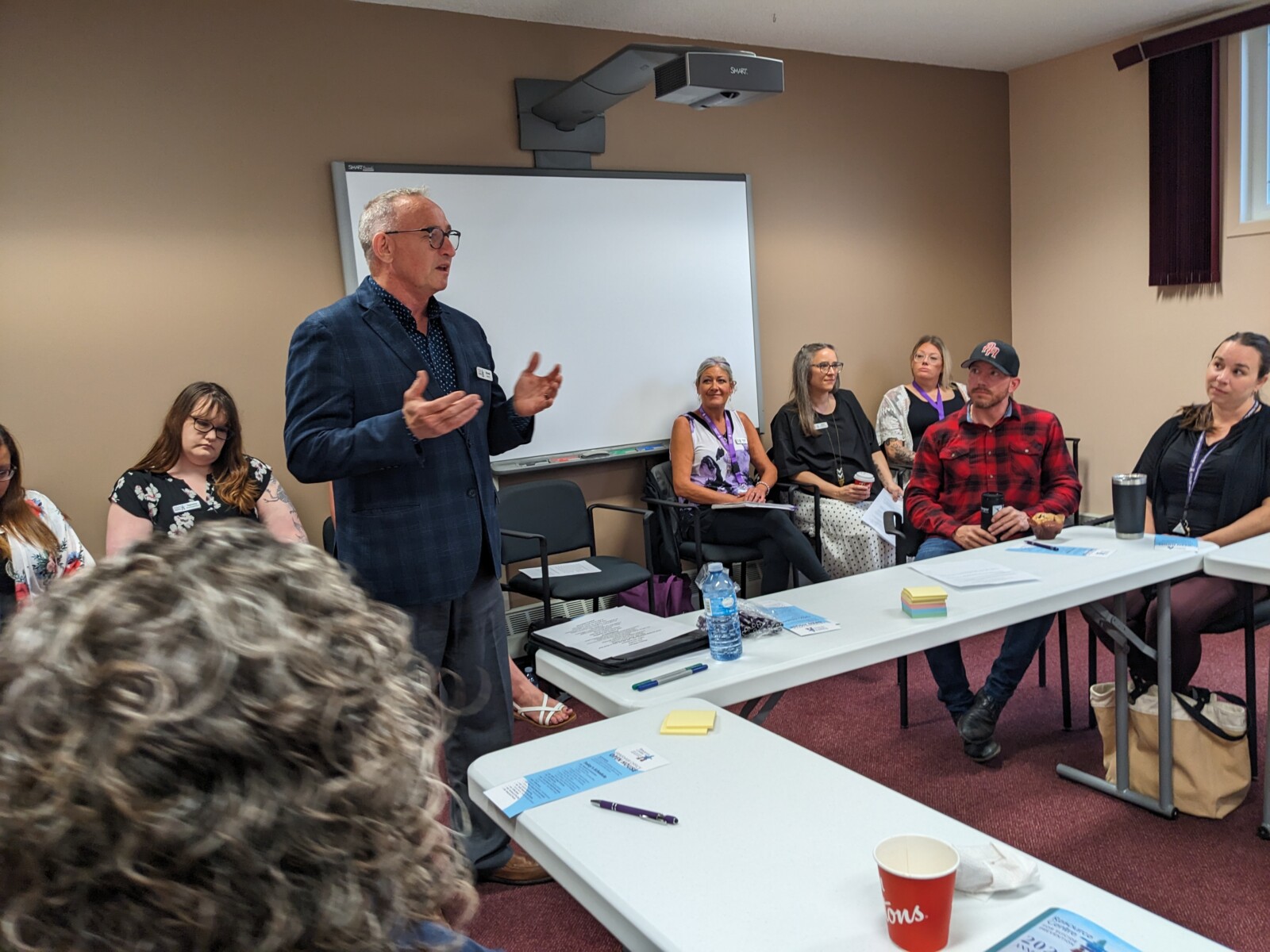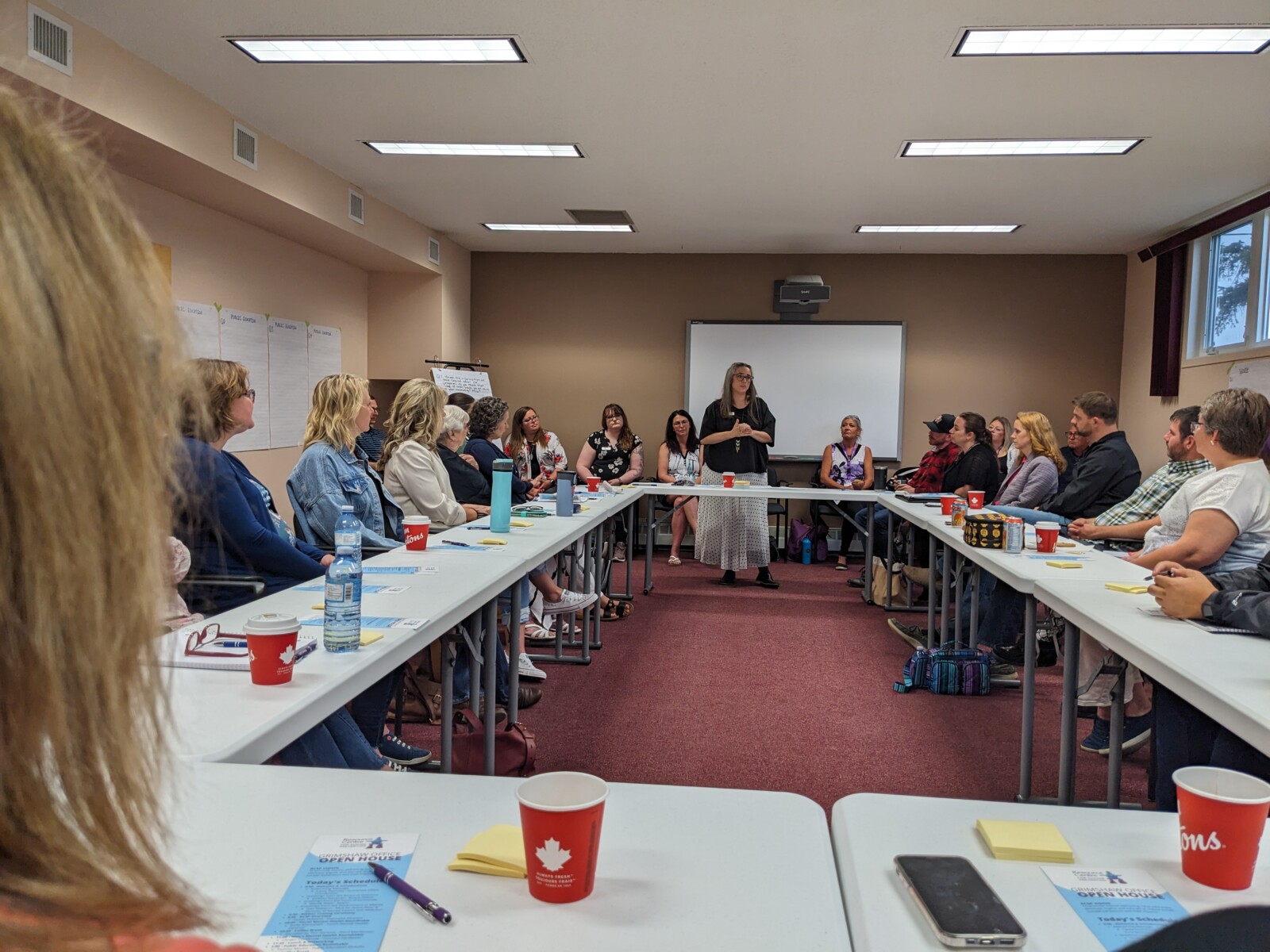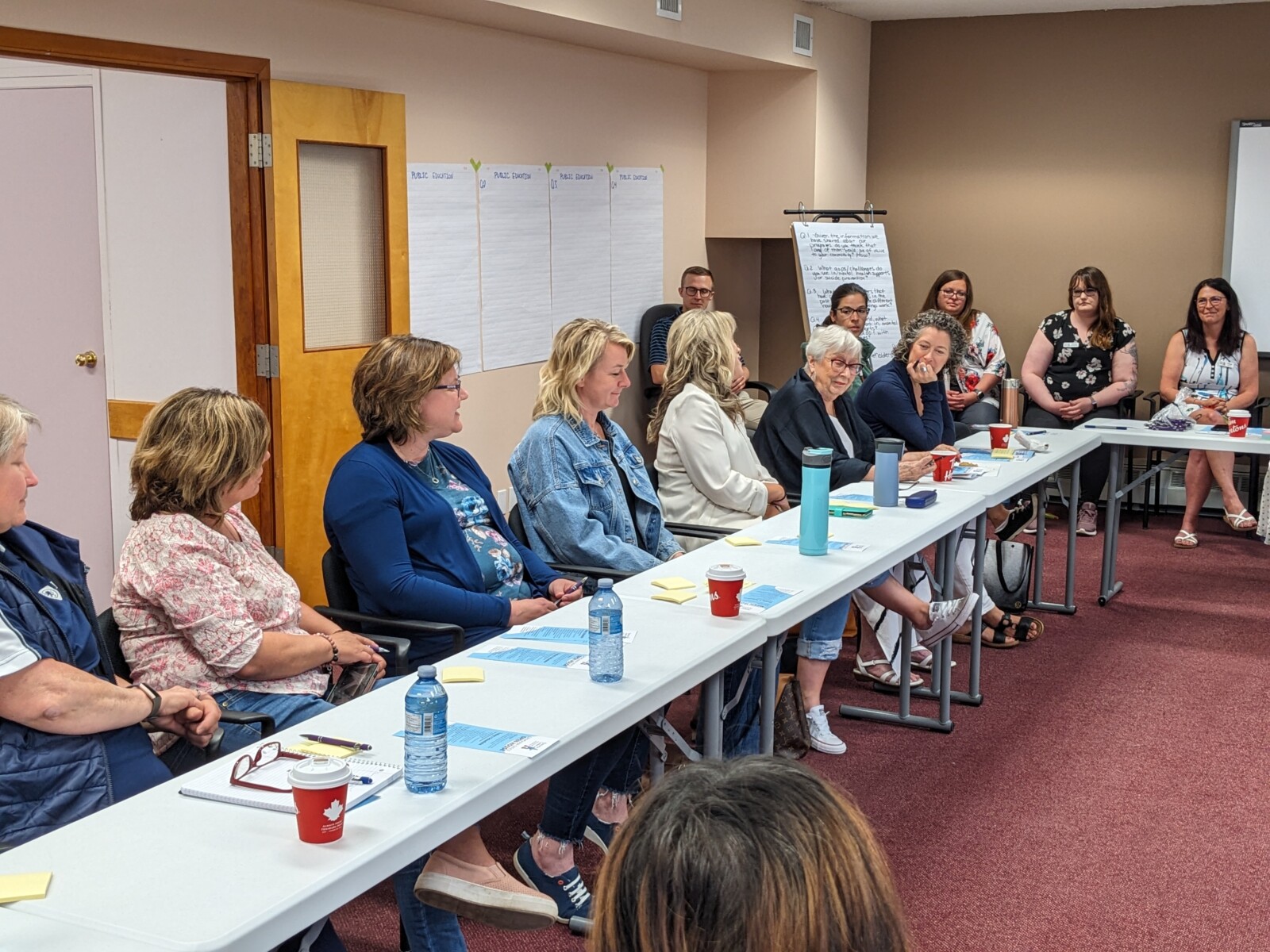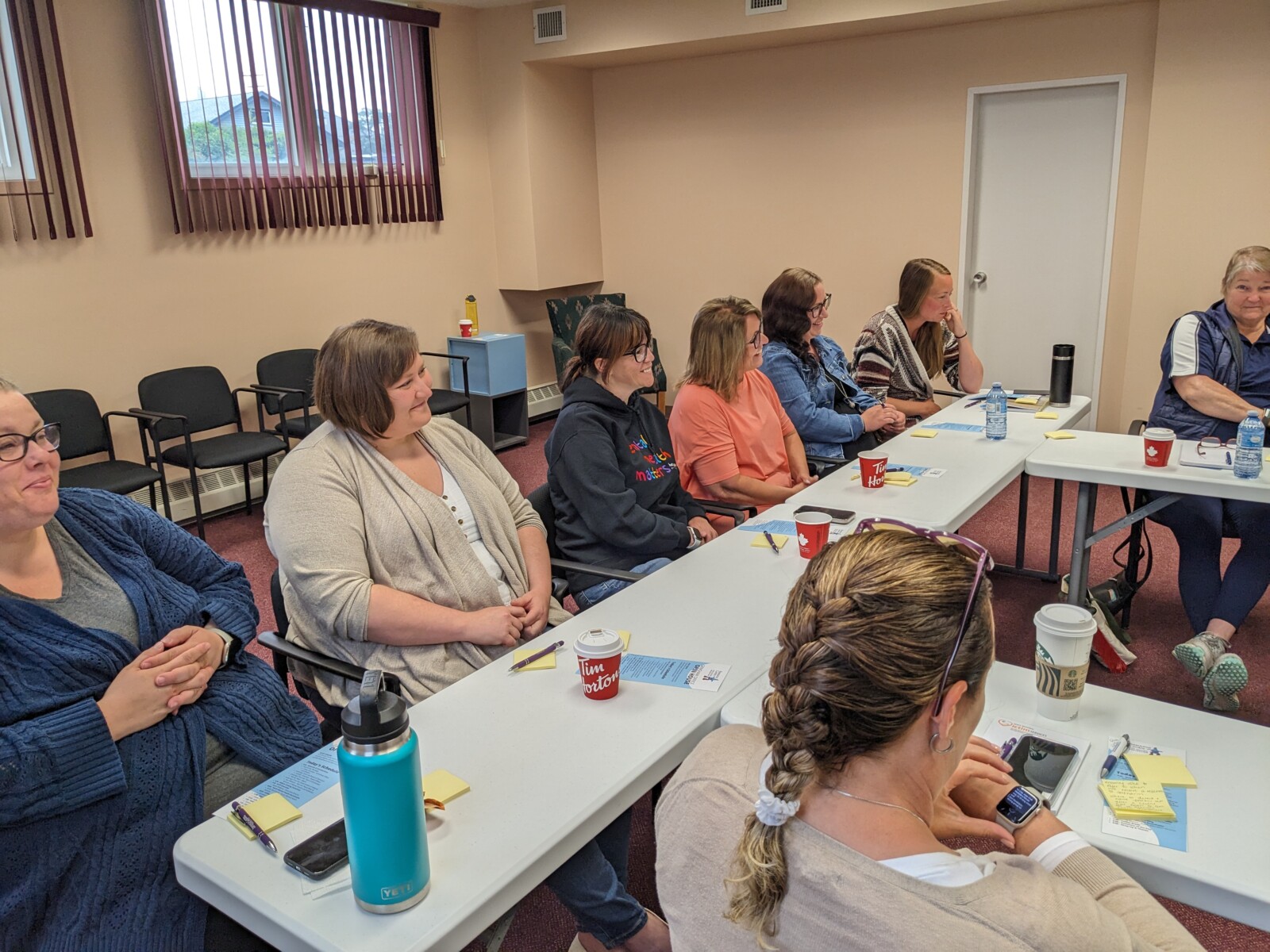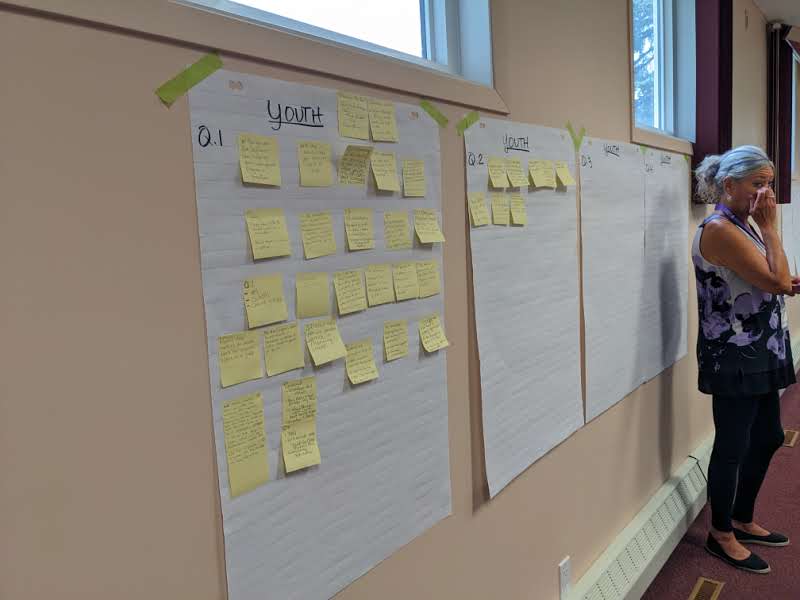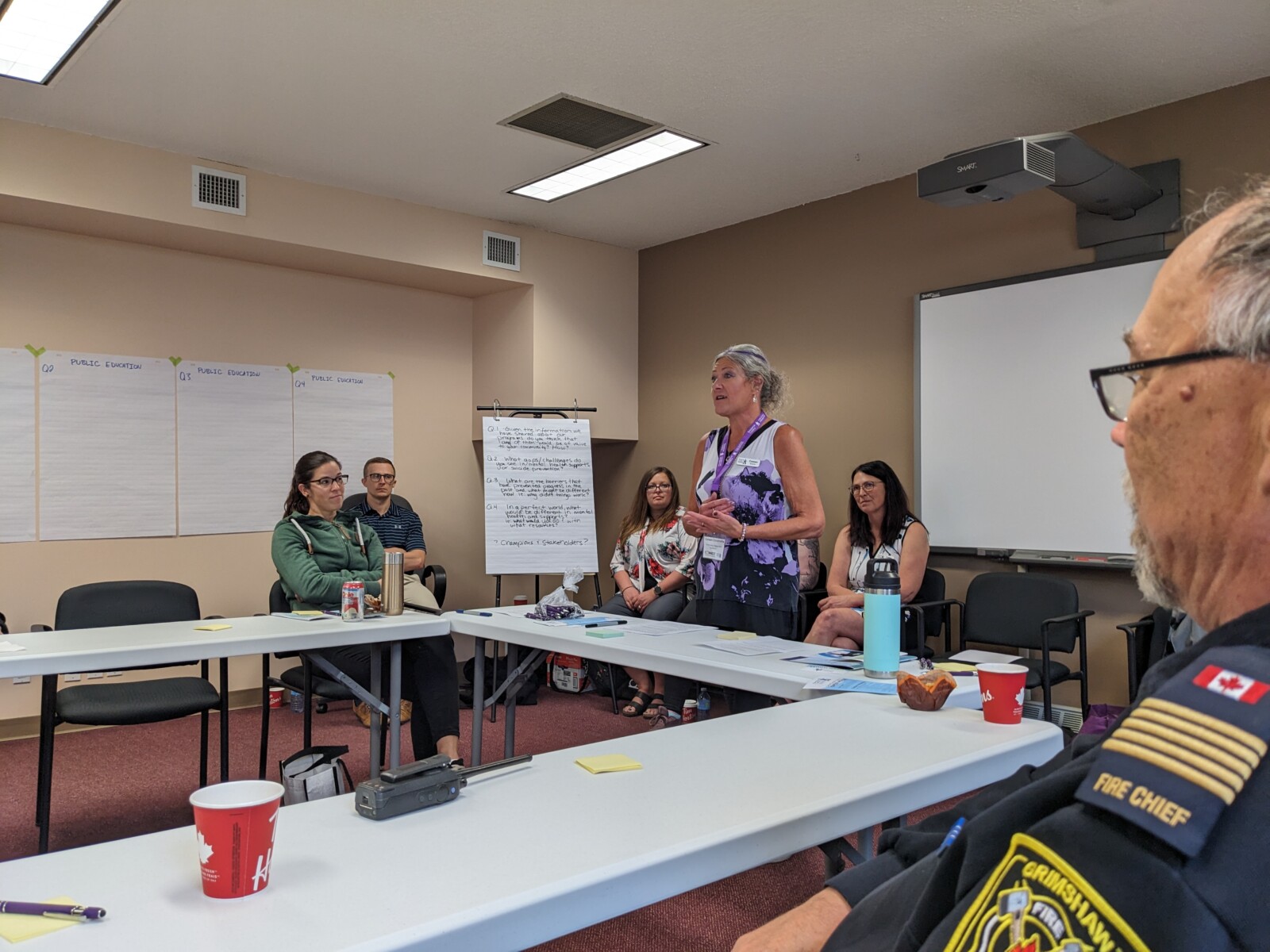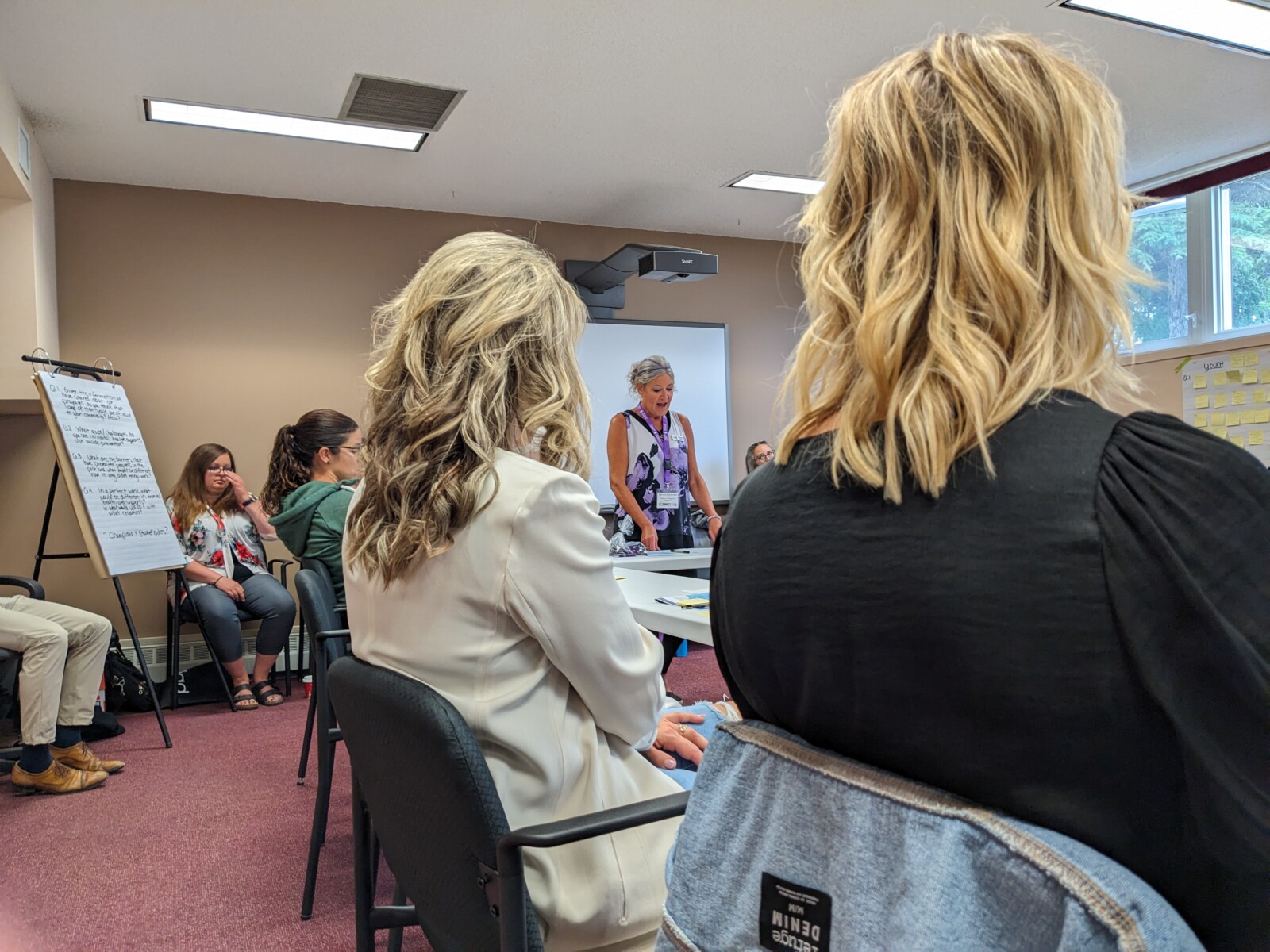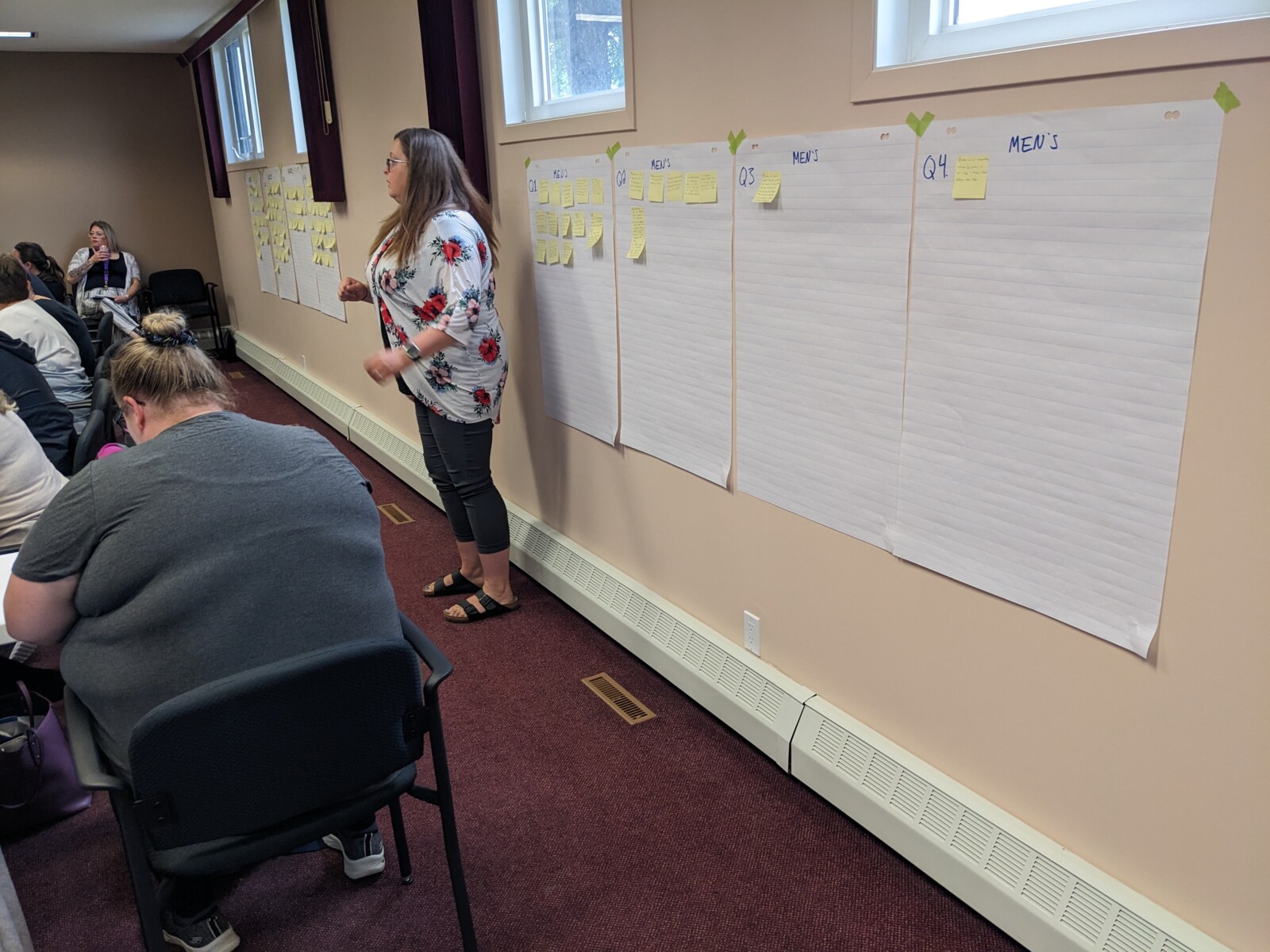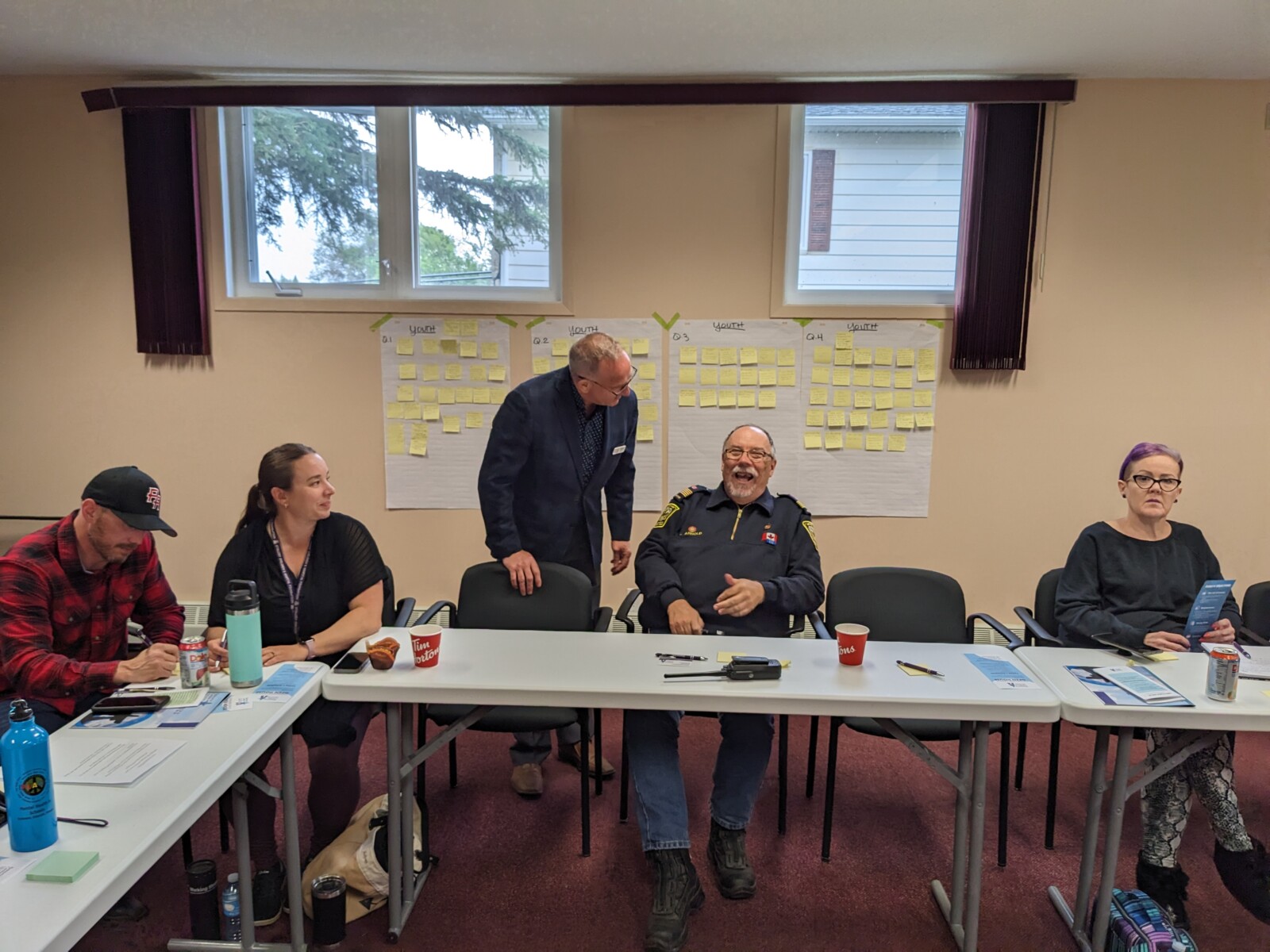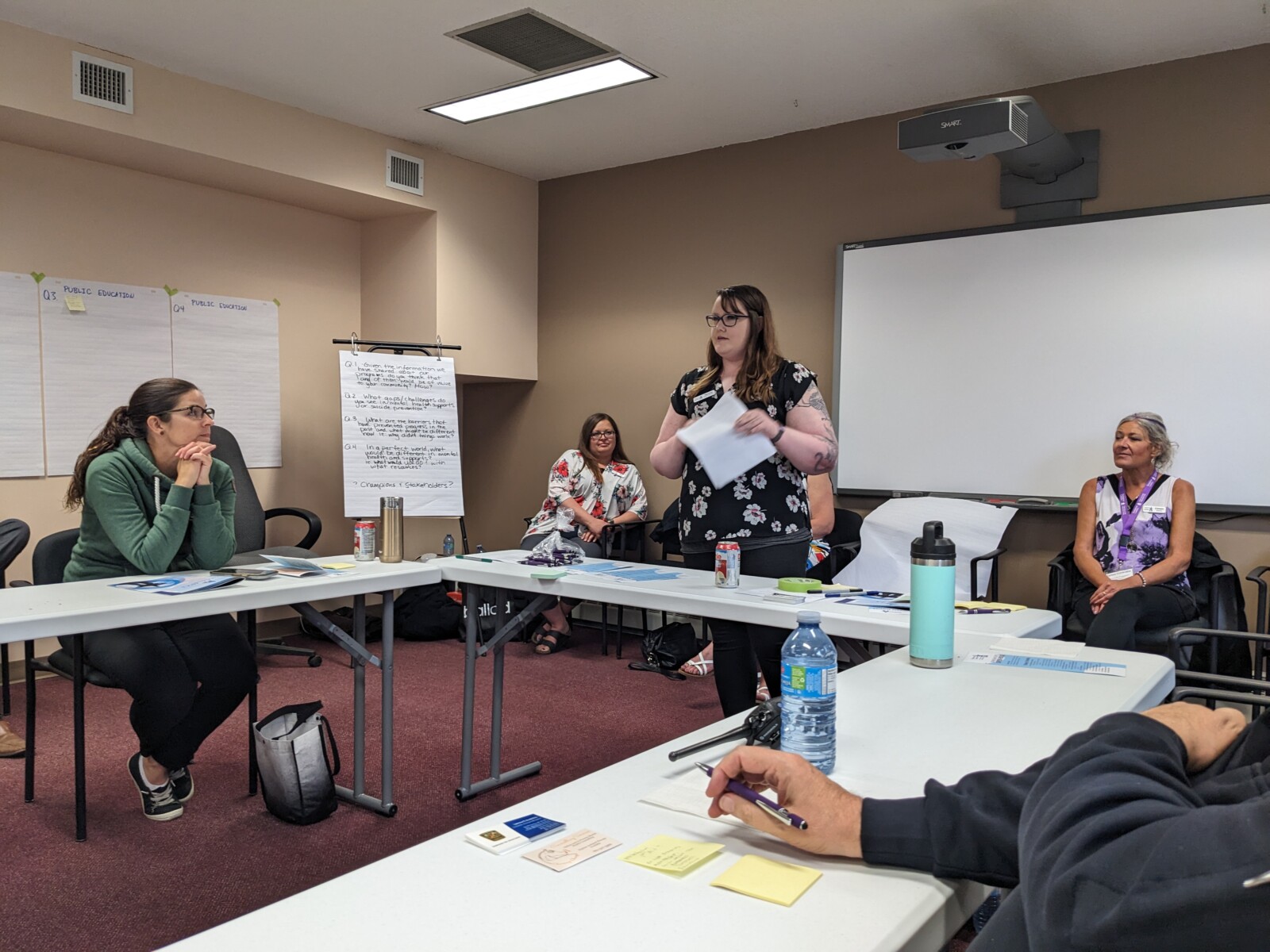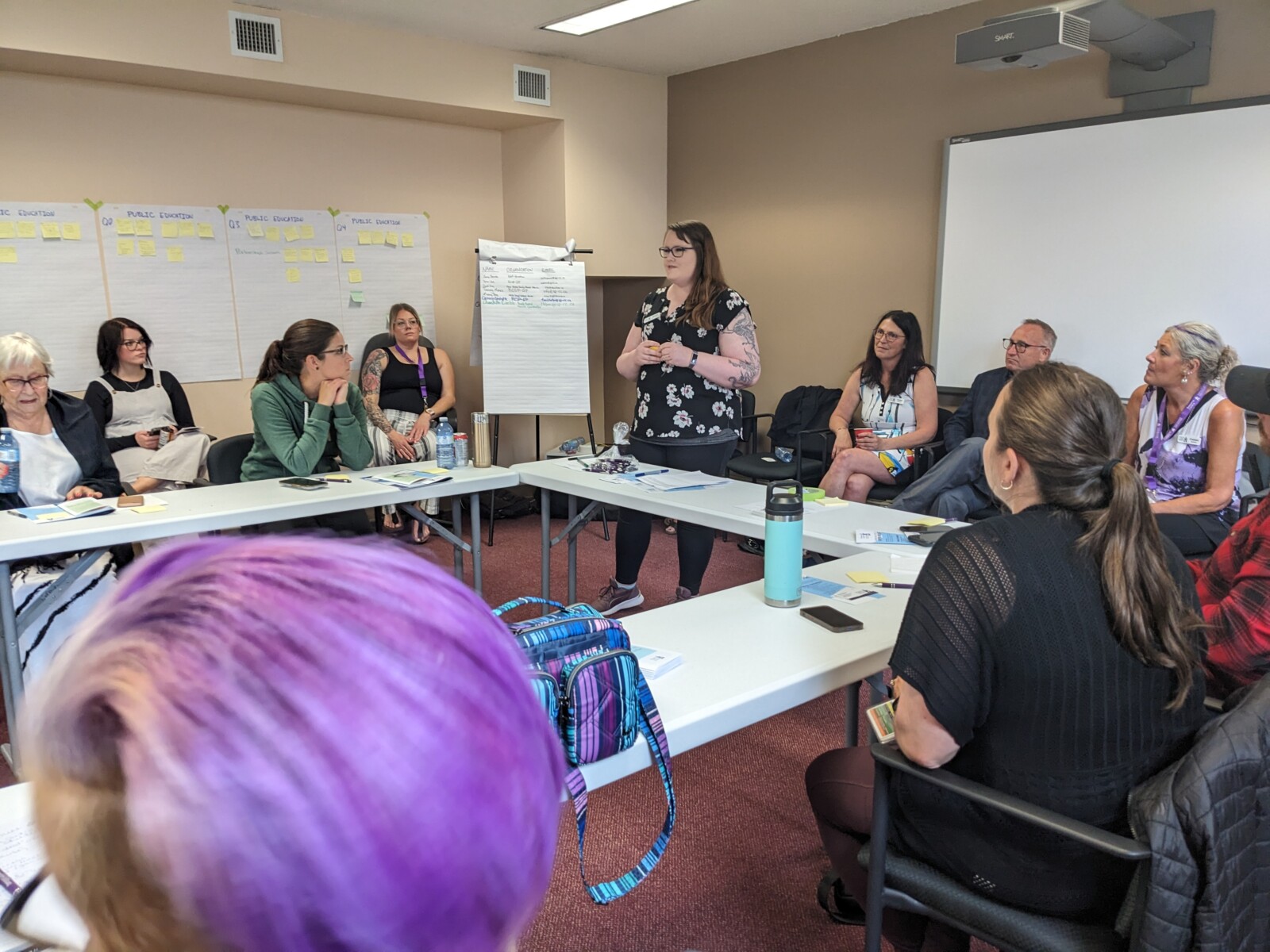
Energizing Change: $350k Grant Powers Mental Health Research in Trades and Energy
A new research project led by Northwestern Polytechnic (NWP) aims to improve mental health outcomes for workers in Alberta’s trades and energy sectors, thanks to more than $350,000 in federal funding.
NWP researcher and psychology instructor, Dr. Connie Korpan, is collaborating with the Resource Centre for Suicide Prevention (RCSP) on a three-year project focused on psychological health and safety in high-risk, high-stress industries.
Dr. Vanessa Sheane, NWP President and CEO, says, whether through physical or mental skills,
“Northwestern Polytechnic remains firmly committed to supporting the industries and people that drive our region. This prestigious grant affirms our role as a catalyst for community-driven research and a key contributor to enhancing workforce skillsets, well-being, and regional resilience.”
The initiative, titled One is Too Many: A Collaborative Approach to Psychological Health and Safety and Suicide Prevention in Trades and Energy, will explore how workplace stress impacts mental well-being and suicide risk in sectors vital to the northern economy. The collaborative research project represents yet another joint venture between NWP’s Office of Research and Innovation and the Resource Centre for Suicide Prevention, which co-hosted a Mental Health Summit in 2024 for skilled trades and industry leaders.
“This research project is both collaborative and intentional in its design – firmly grounded in the realities of the energy and trades sectors,” said Angela Sutherland, Executive Director of the Resource Centre for Suicide Prevention.
“Mental well-being of employees in high-risk, high-stress industries like oil and gas is often overlooked, yet just as critical as physical safety.
“This groundbreaking research will help generate life-saving insights, strengthen mental health literacy, embed suicide prevention strategies, and ensure resources are directed where they matter most. We are thrilled to be partnering with NWP on this very important project.”
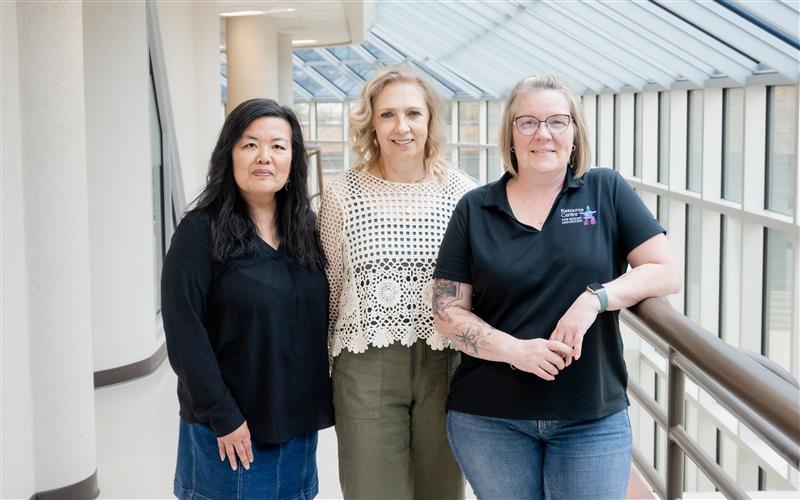
Image (L to R): Angela Sutherland, Executive Director, Resource Centre for Suicide Prevention; Dr. Connie Korpan, Lead Researcher at NWP’s Centre for Community Enhancement and Social Innovation; Tracy Golnick, Director, Men’s Mental Health, Resource Centre for Suicide Prevention.
The project is funded through the College and Community Social Innovation Fund (CCSIF) – a national program jointly managed by the Natural Sciences and Engineering Research Council (NSERC), the Canadian Institute of Health Research (CIHR), and the Social Sciences and Humanities Research Council (SSHRC).
“I’m honoured to work with the Resource Centre for Suicide Prevention and industry partners on this important initiative,” said Dr. Korpan, lead researcher of NWP’s Centre for Community Enhancement and Social Innovation. “Together, we will develop evidence-based mental health supports that reflect real workplace needs. I’m also excited to involve NWP students – this project offers meaningful, hands-on experience, sector-specific insight, and valuable industry connections.”
NWP acknowledges the support of the Natural Sciences and Engineering Research Council of Canada (NSERC).
Nous remercions le Conseil de recherches en sciences naturelles et en génie du Canada (CRSNG) de son soutien.
To learn more about Applied Research and Innovation at Northwestern Polytechnic, visit NWP.me/Research.

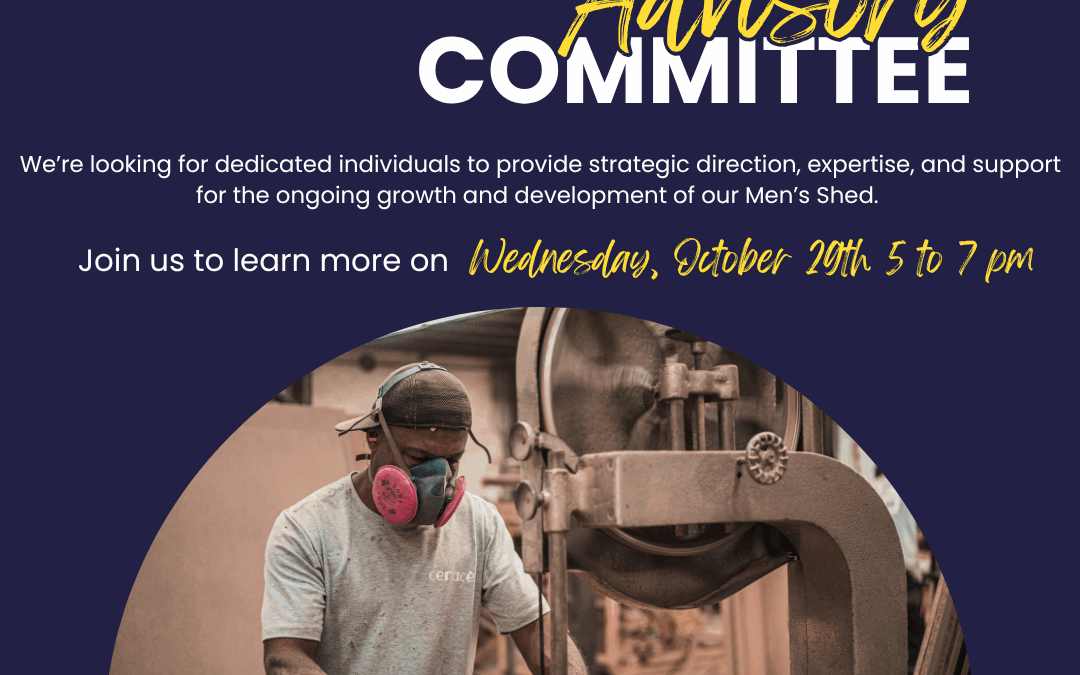
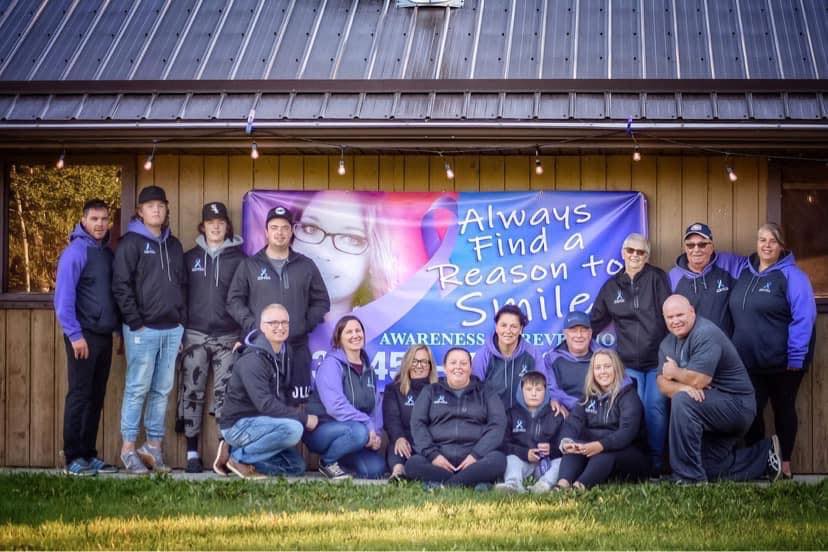
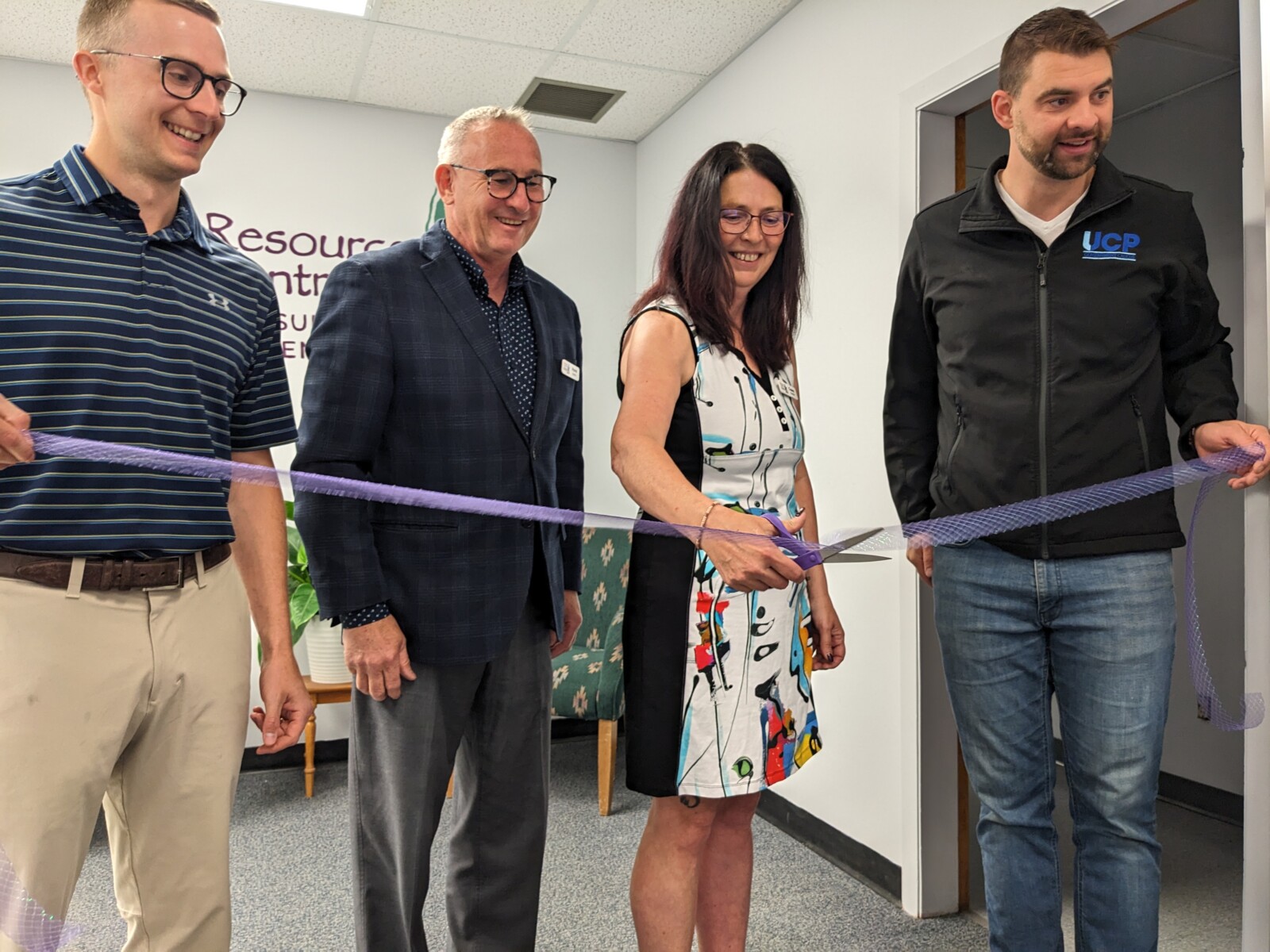

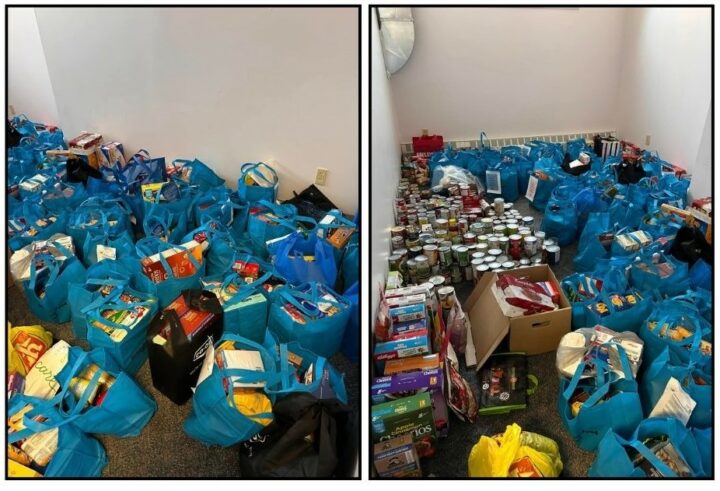 The numbers that they’re catering to are just outrageous. So we know that the numbers at the food bank are going up constantly, and, of course, that’s one of the things that people struggle with when they can’t feed the family. Right? So, that leads to depression, which can lead to mental illness. So we thought that’s one way that we can band together and perhaps help somebody out of that. The community once again stood on their head for us. We had so much food. I don’t think I’ve ever seen that much food, but it was awesome. And the food bank was very happy. And I know that a lot of mouths got fed, and I’m sure a lot of peace of mind went through our communities. So, really, prevention looks like a lot of things.
The numbers that they’re catering to are just outrageous. So we know that the numbers at the food bank are going up constantly, and, of course, that’s one of the things that people struggle with when they can’t feed the family. Right? So, that leads to depression, which can lead to mental illness. So we thought that’s one way that we can band together and perhaps help somebody out of that. The community once again stood on their head for us. We had so much food. I don’t think I’ve ever seen that much food, but it was awesome. And the food bank was very happy. And I know that a lot of mouths got fed, and I’m sure a lot of peace of mind went through our communities. So, really, prevention looks like a lot of things.